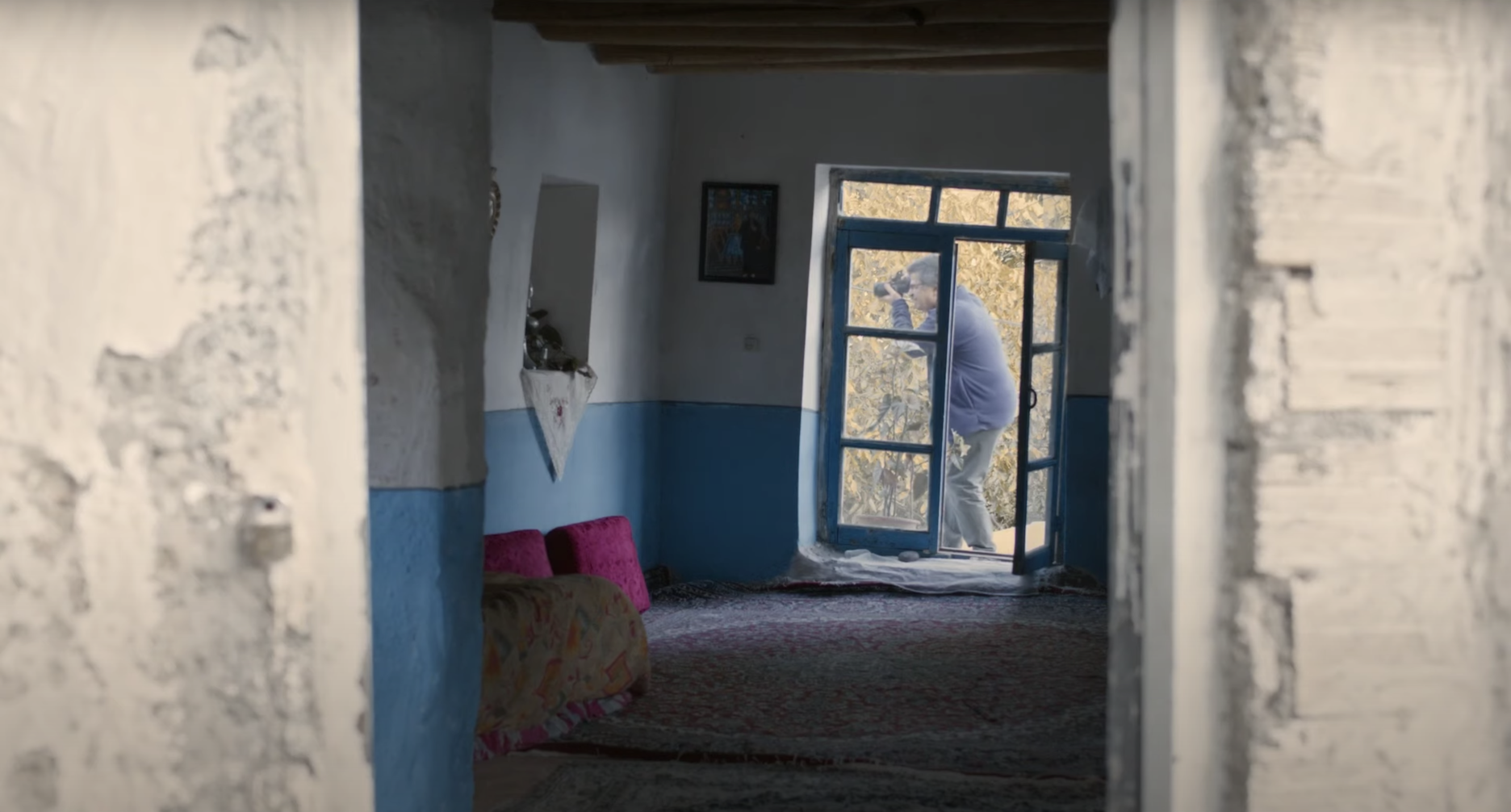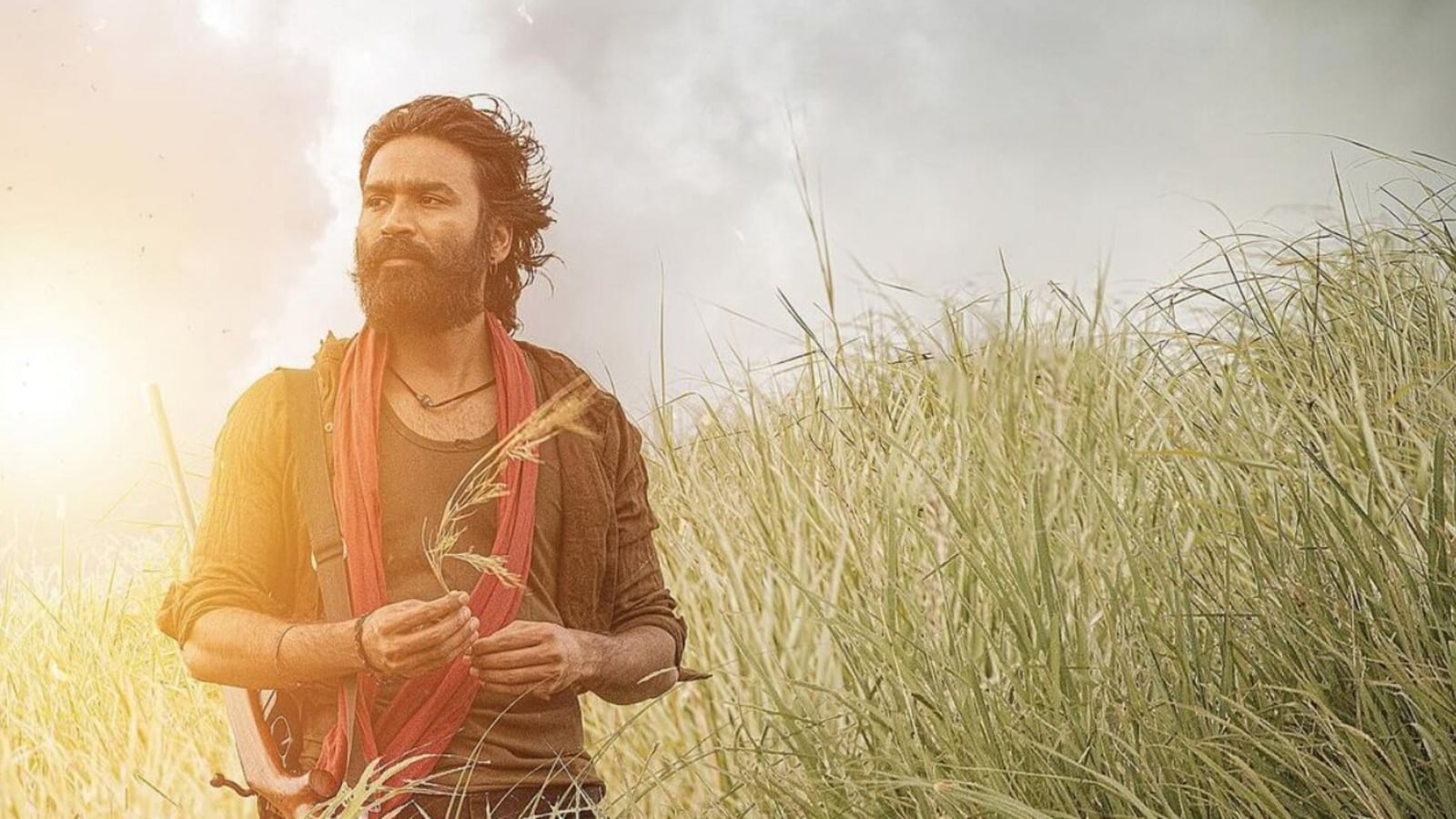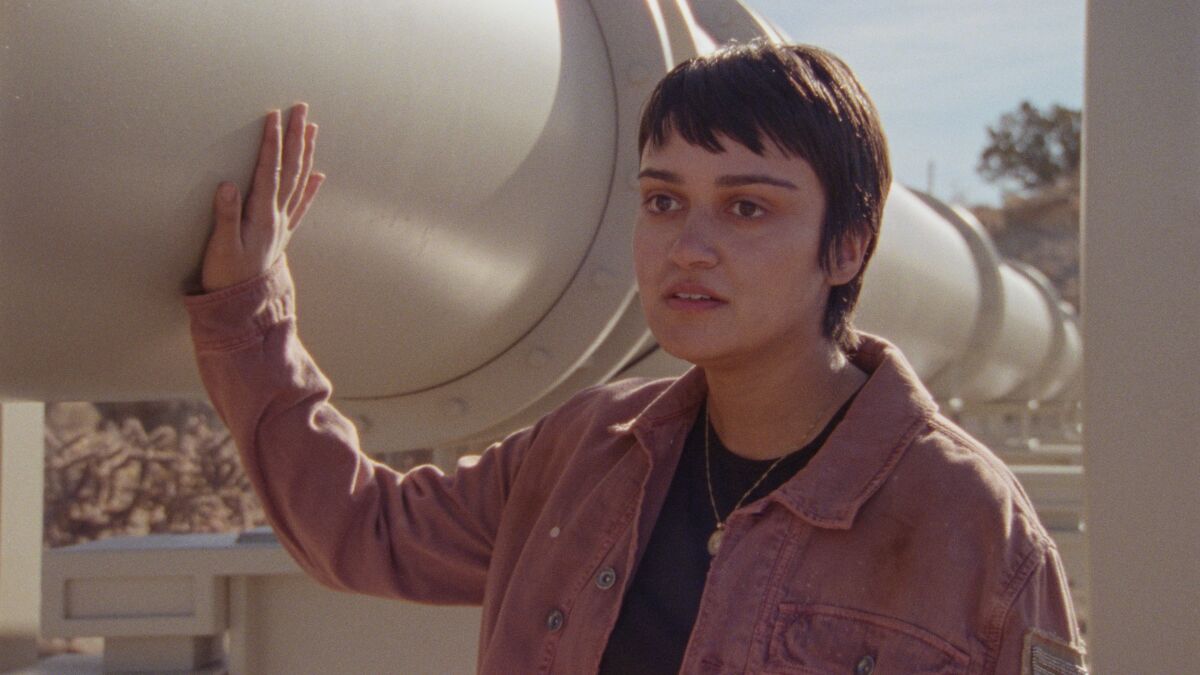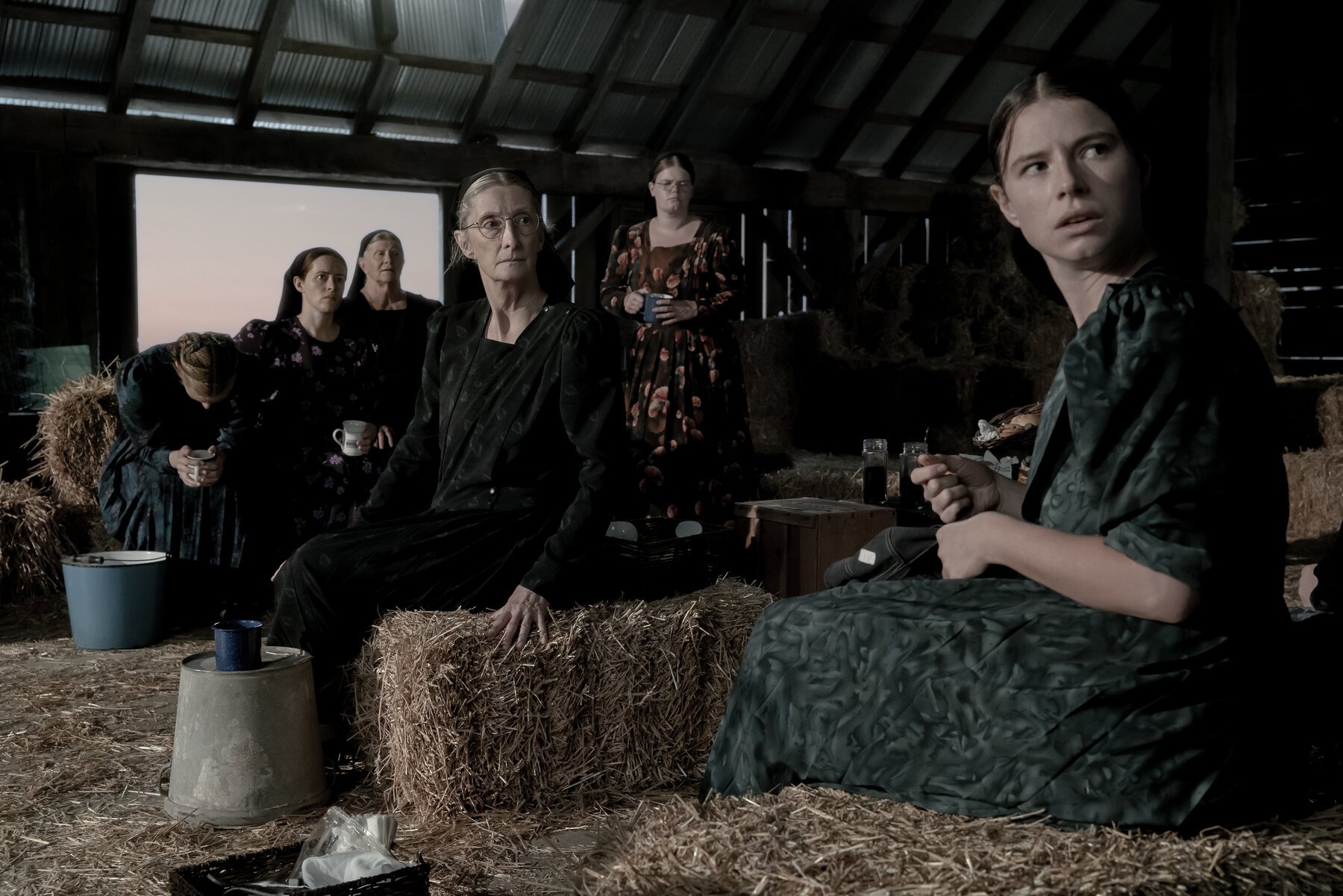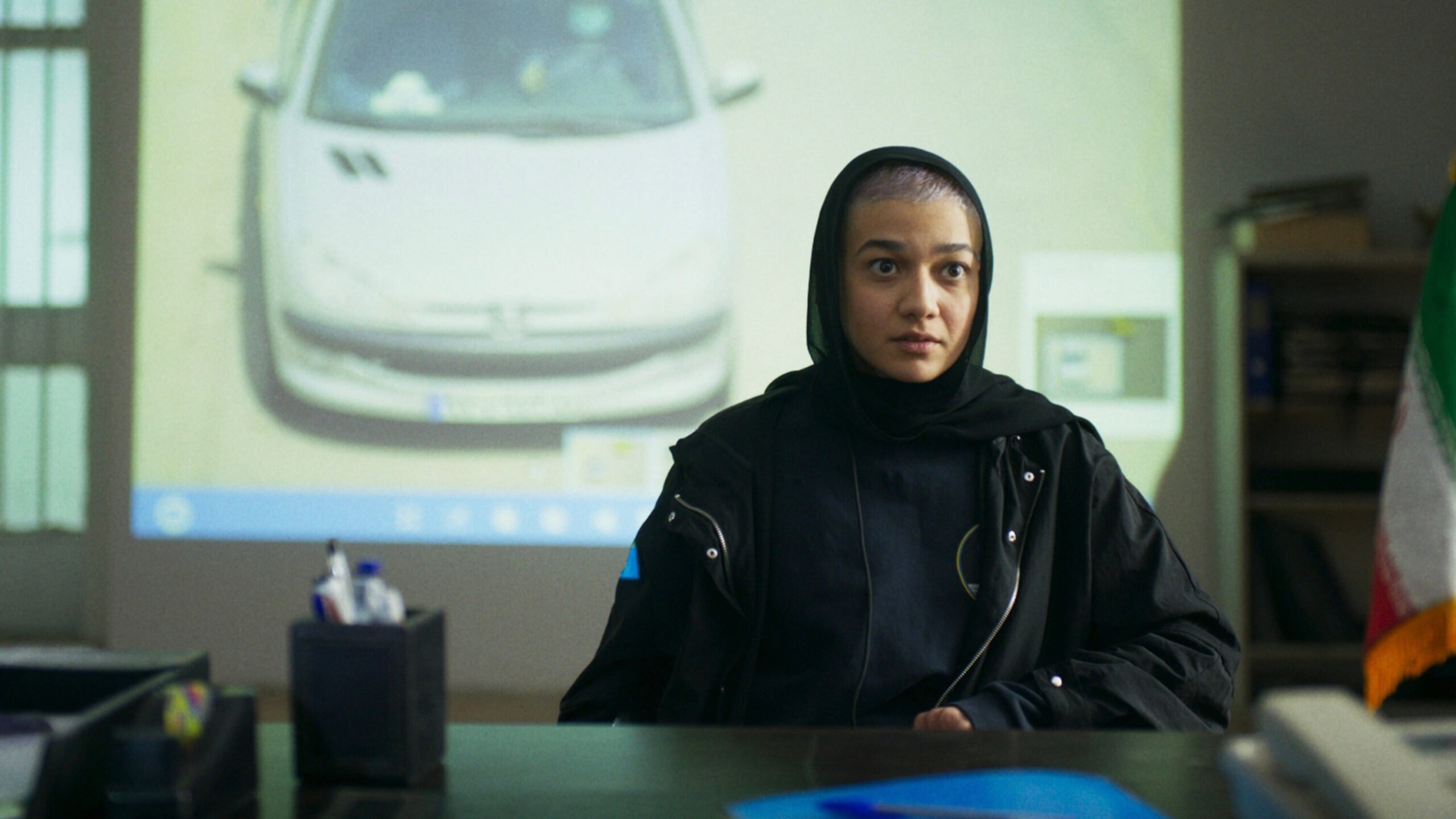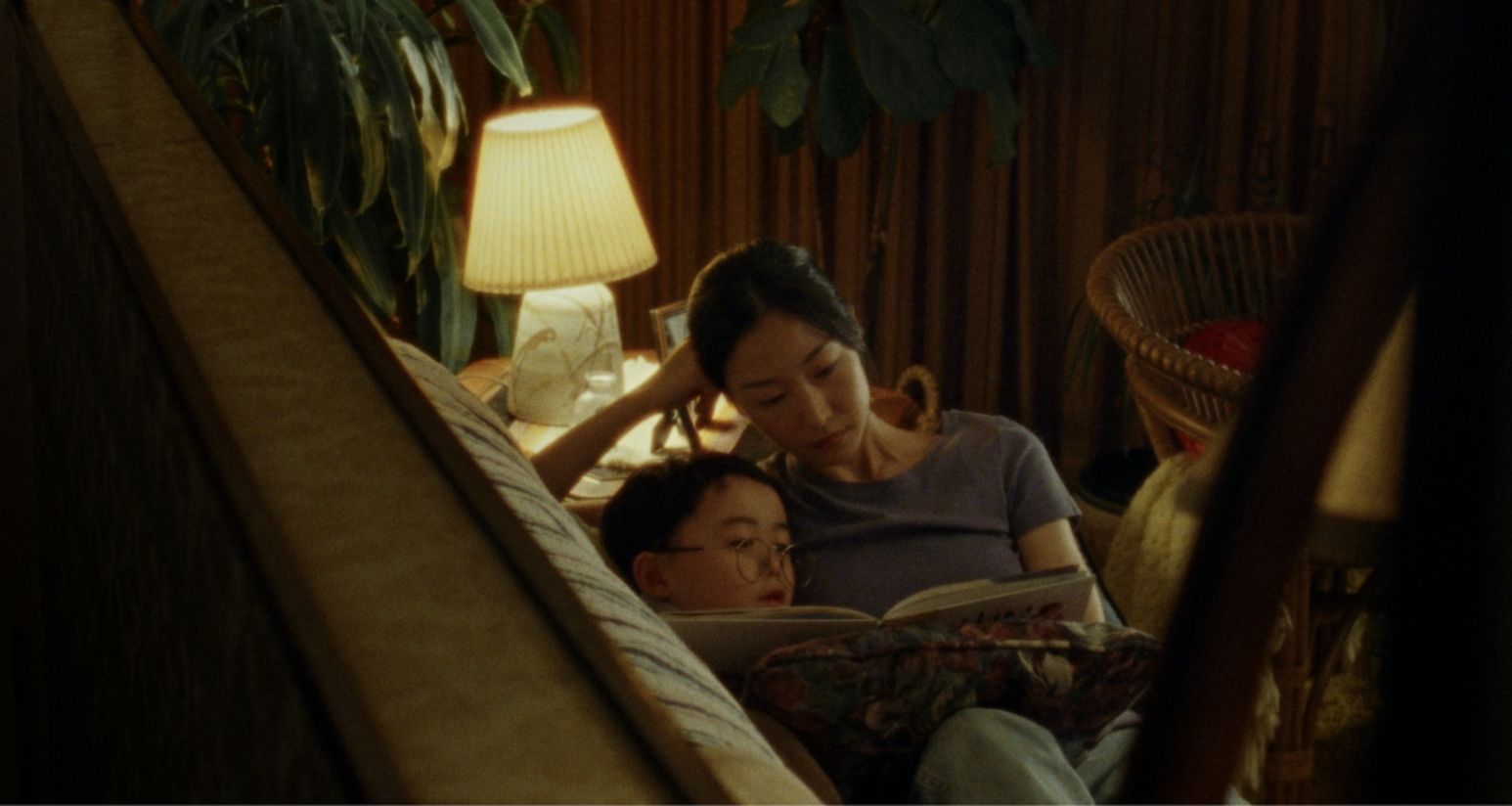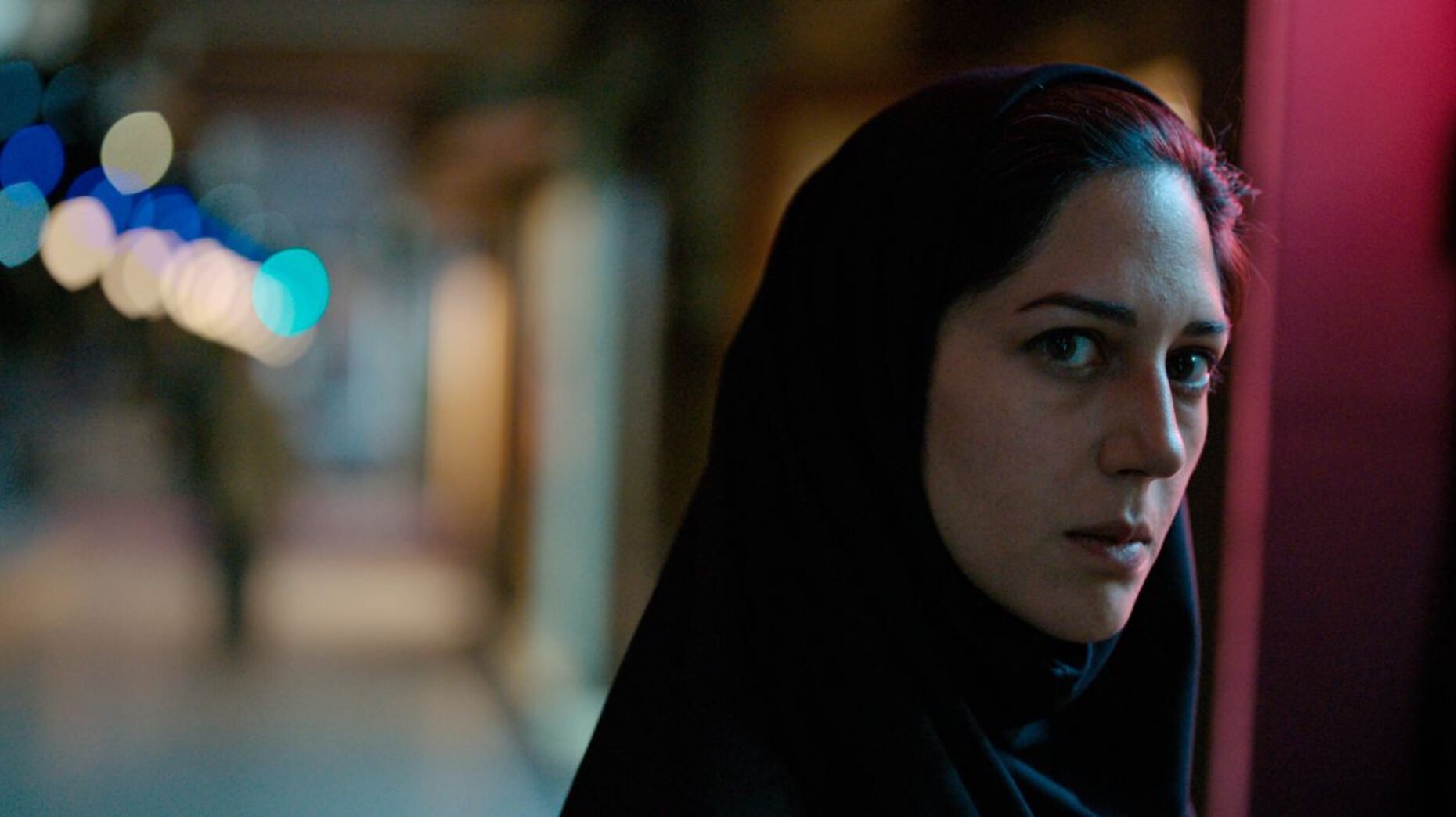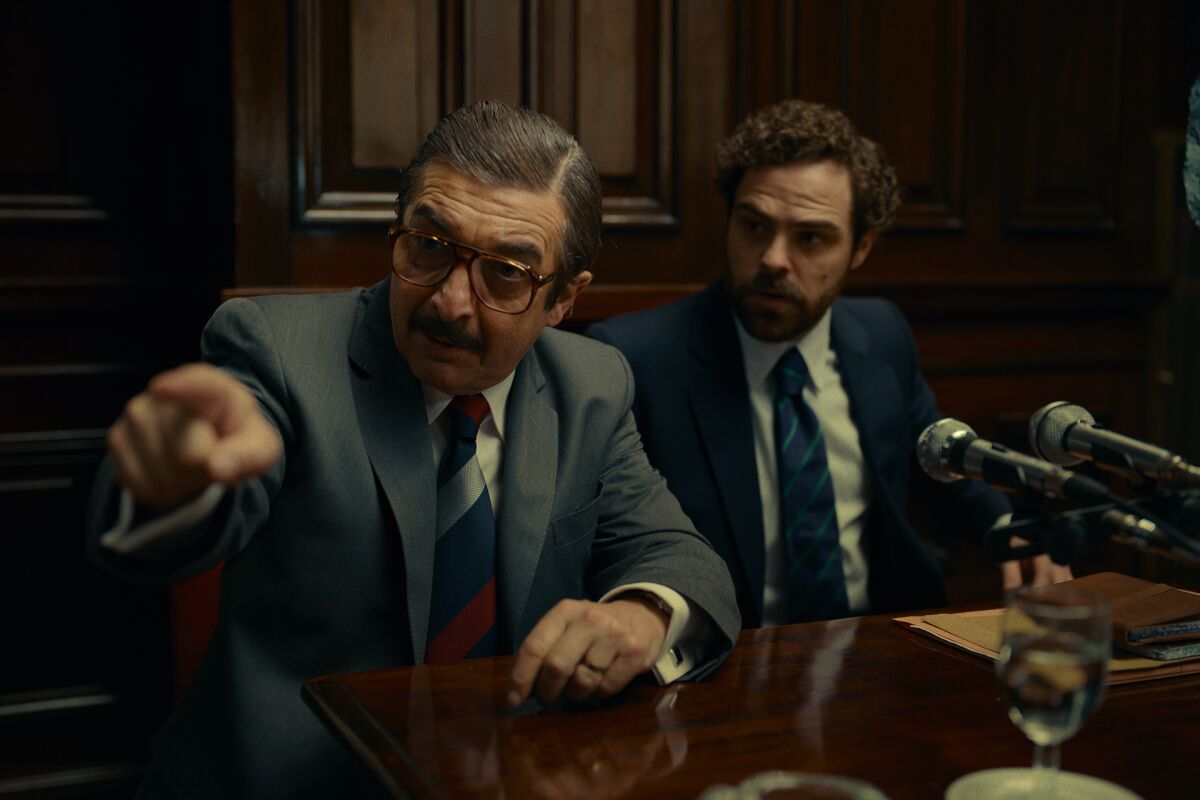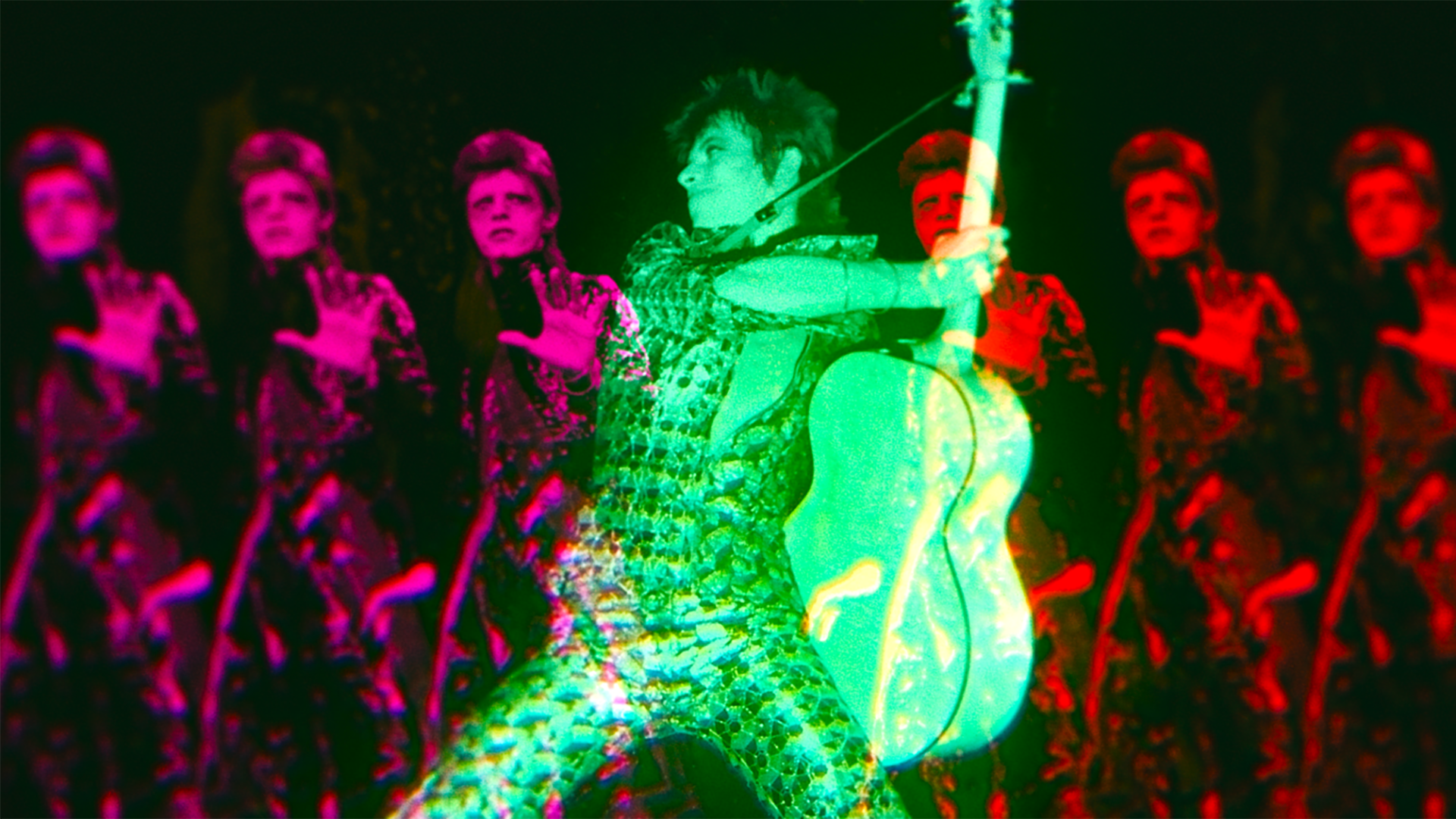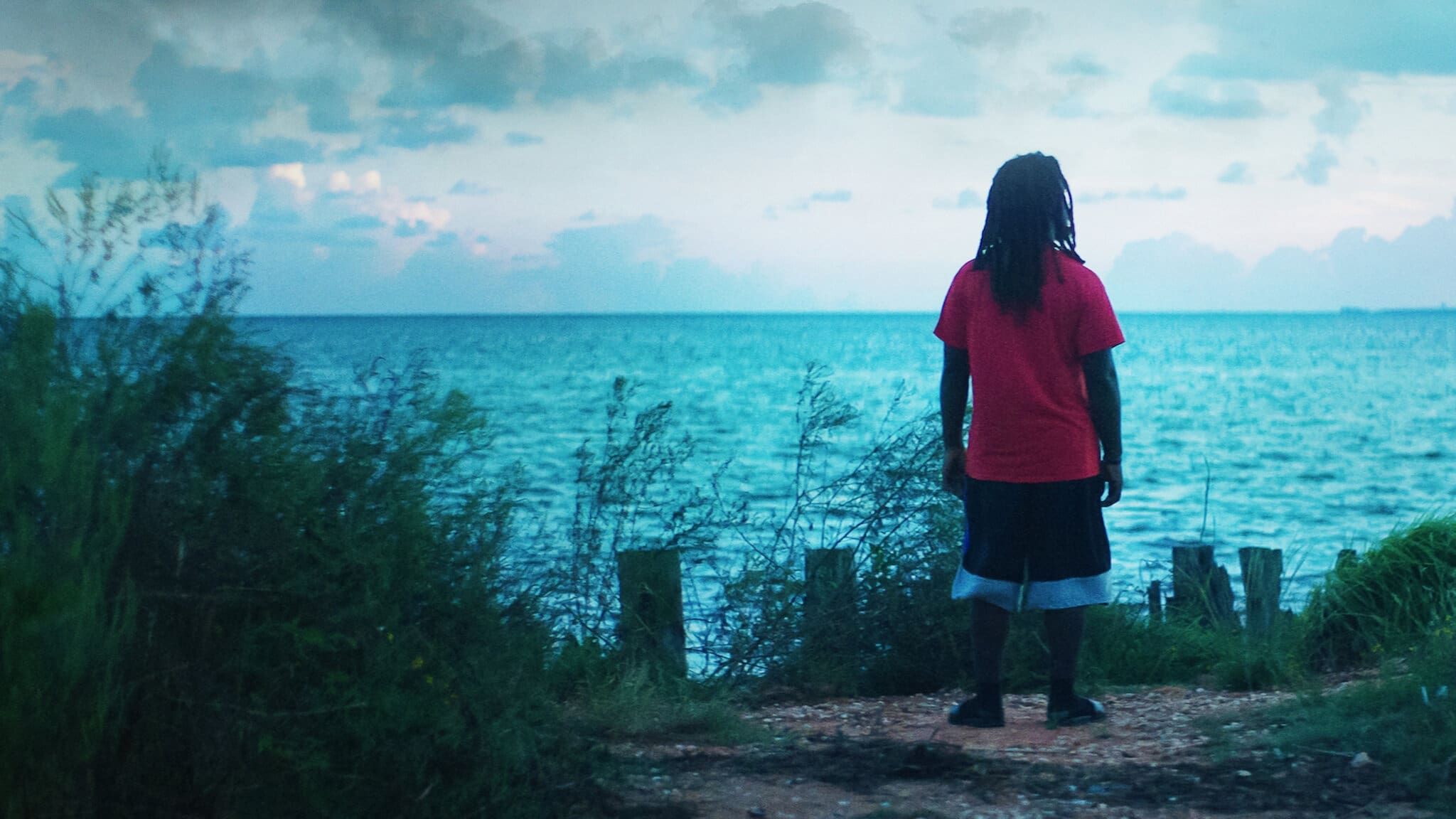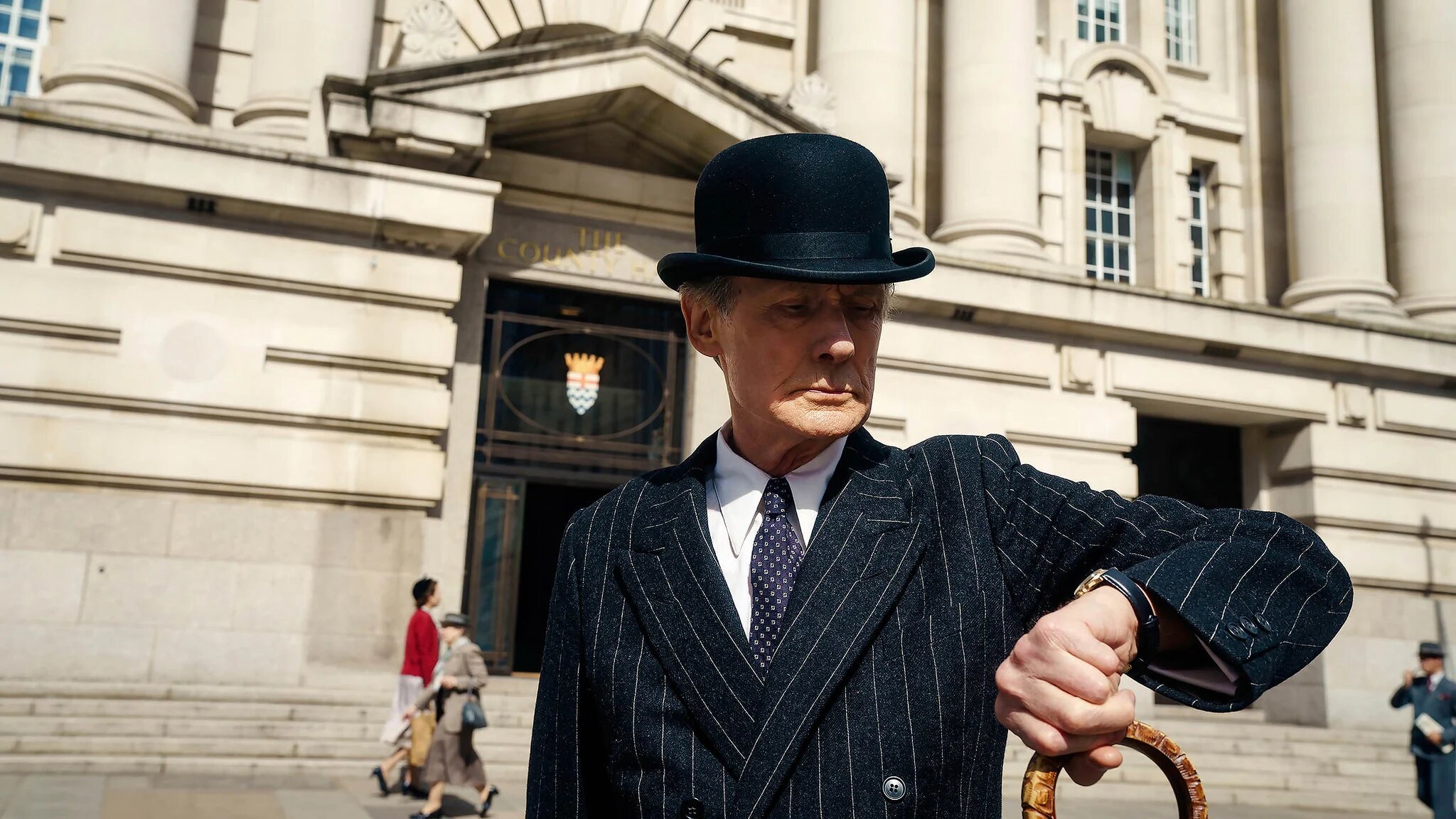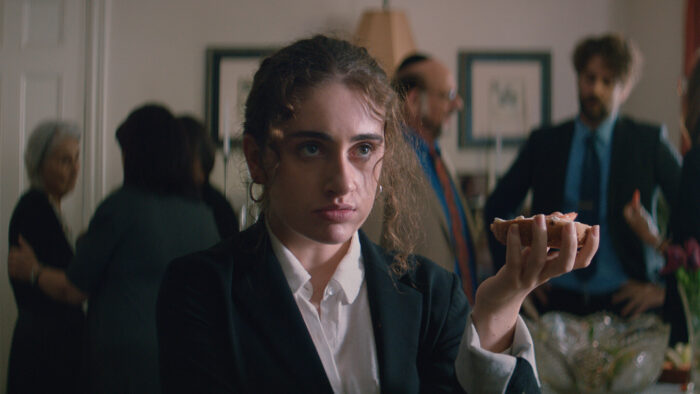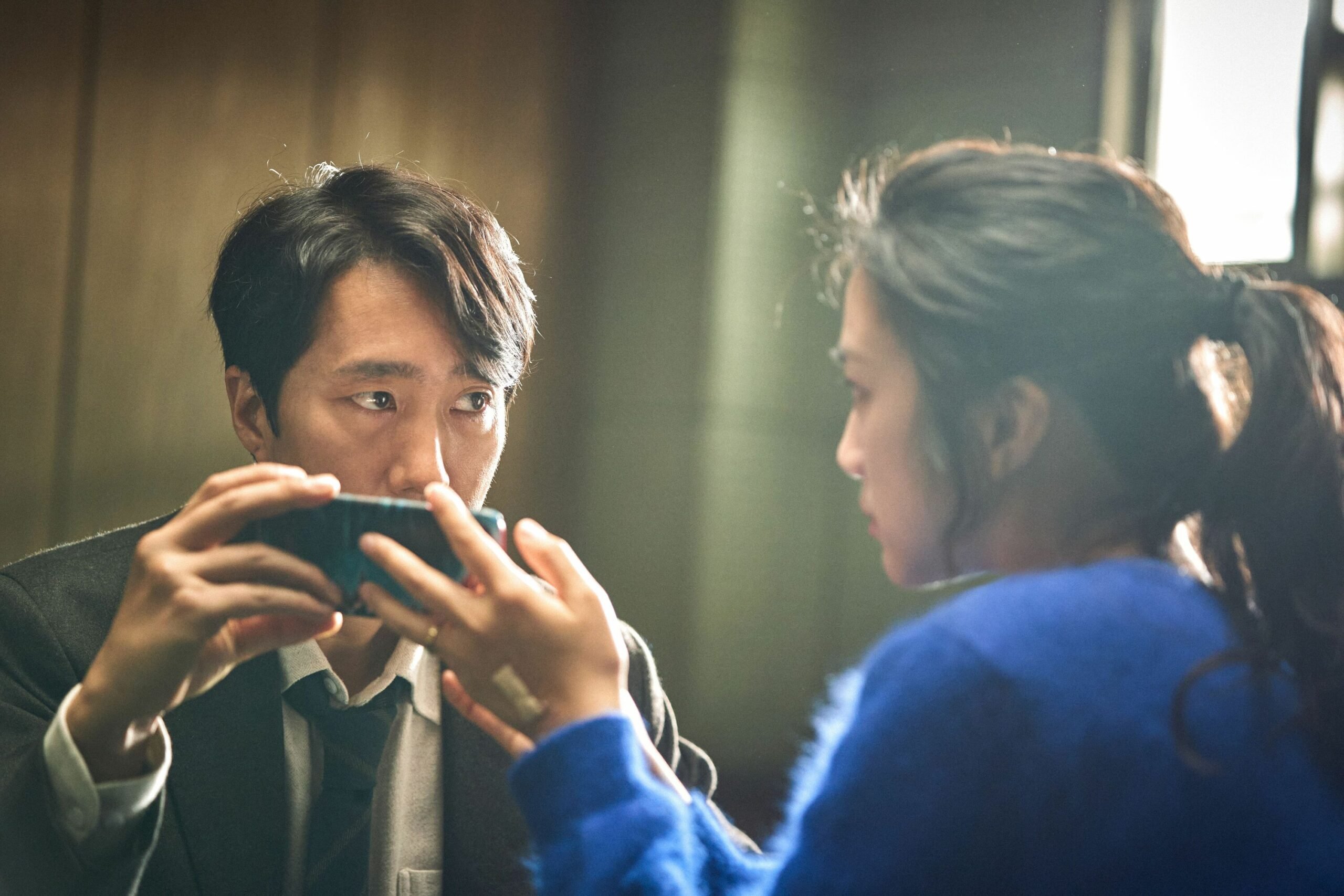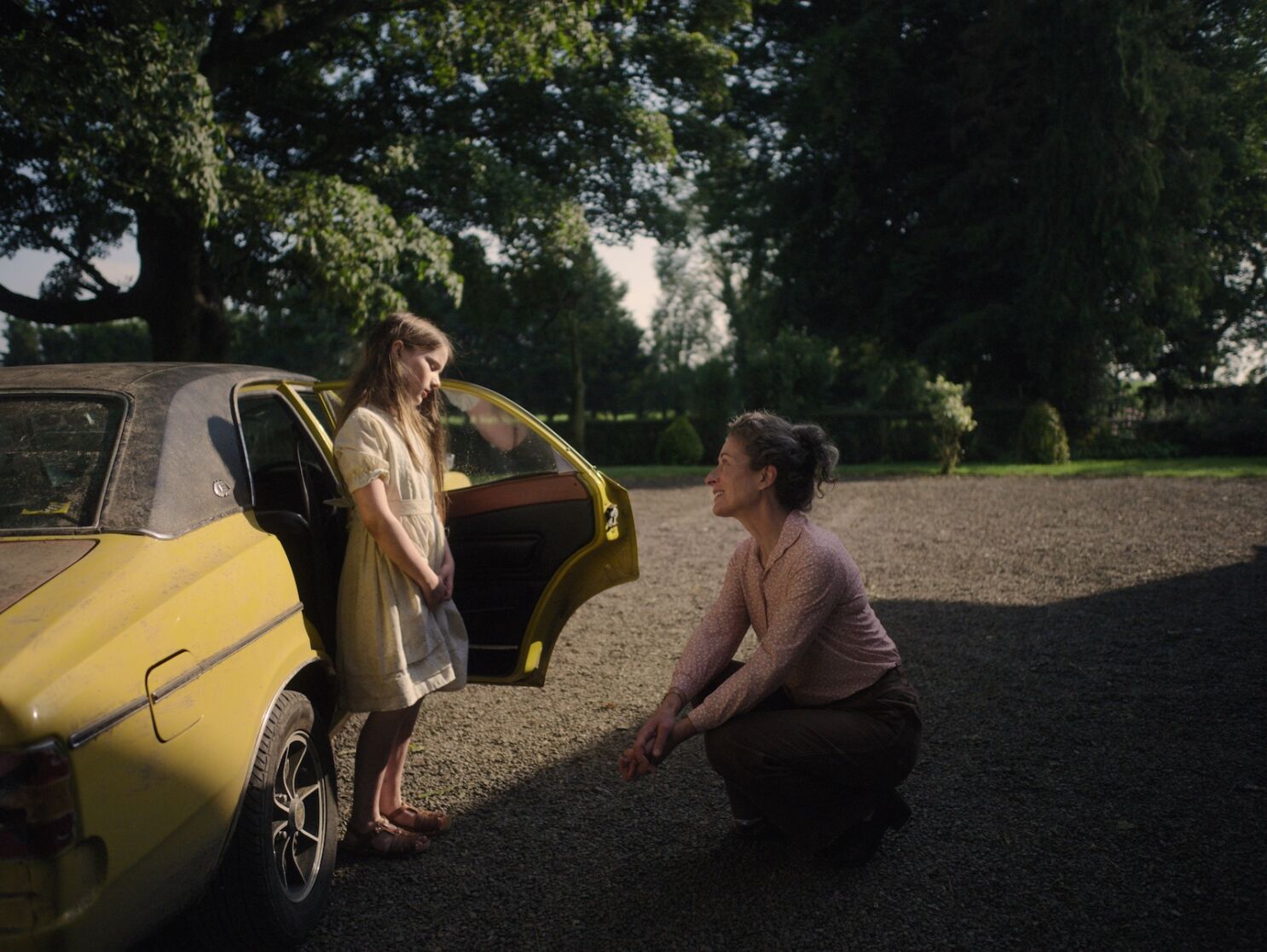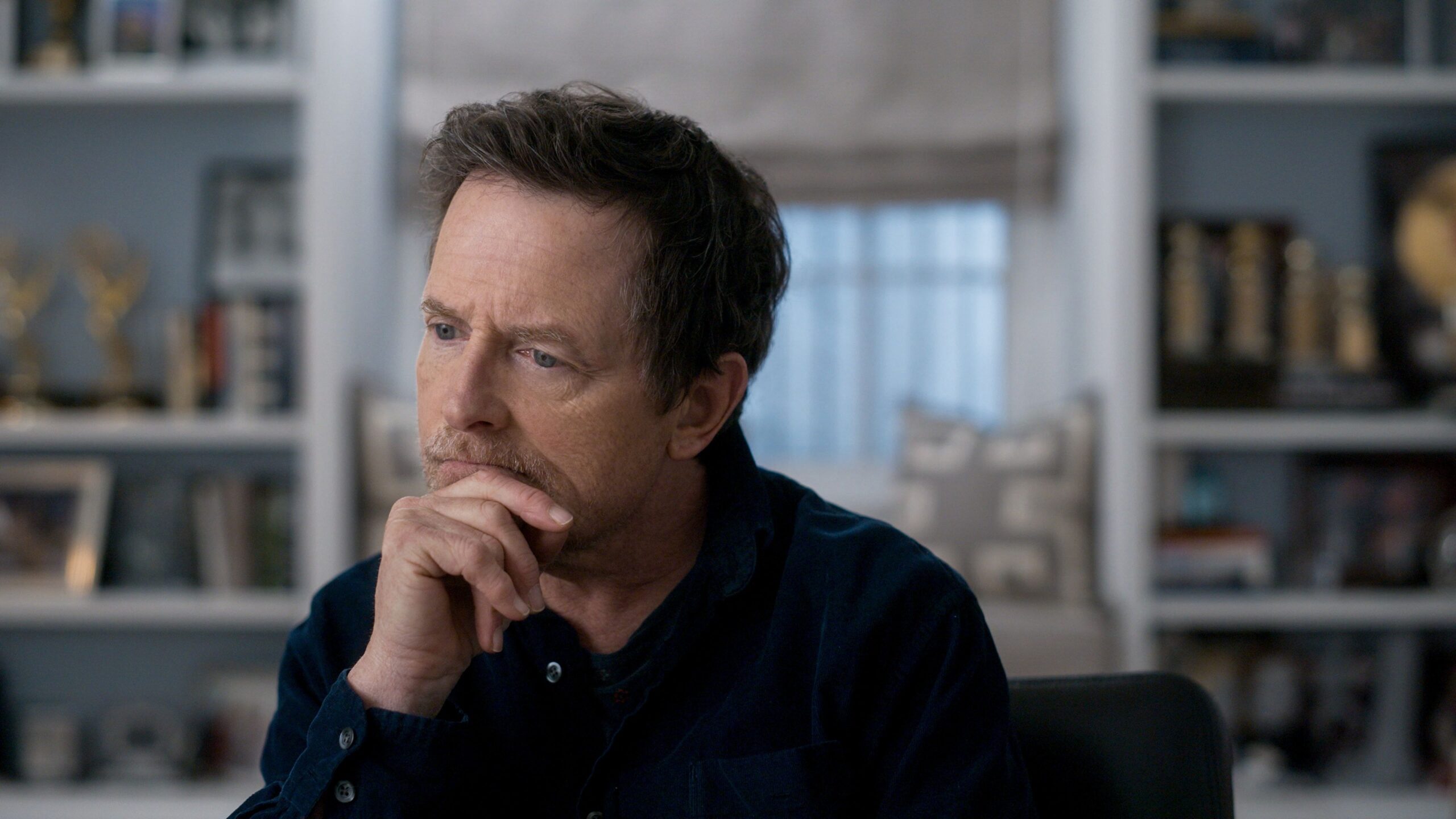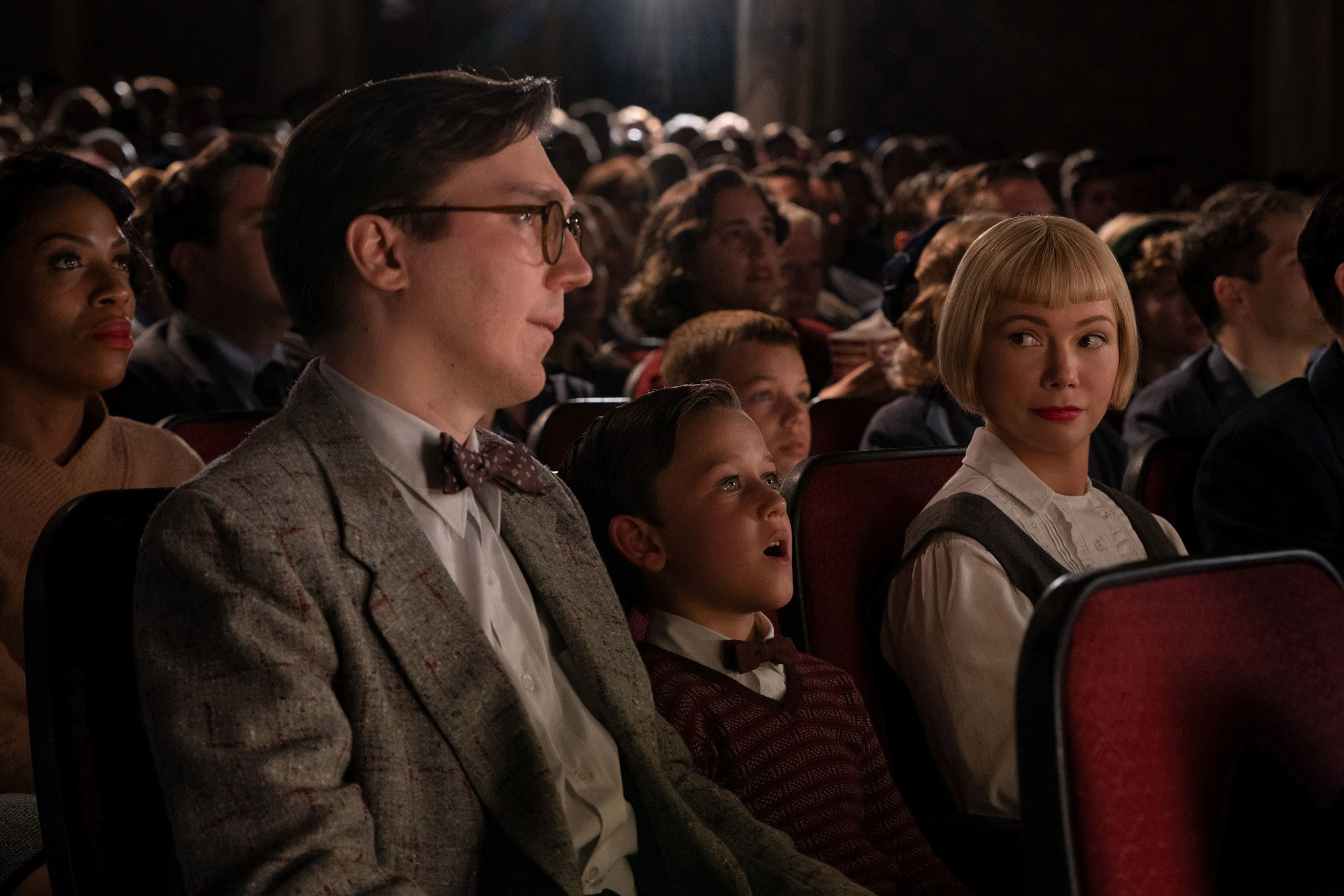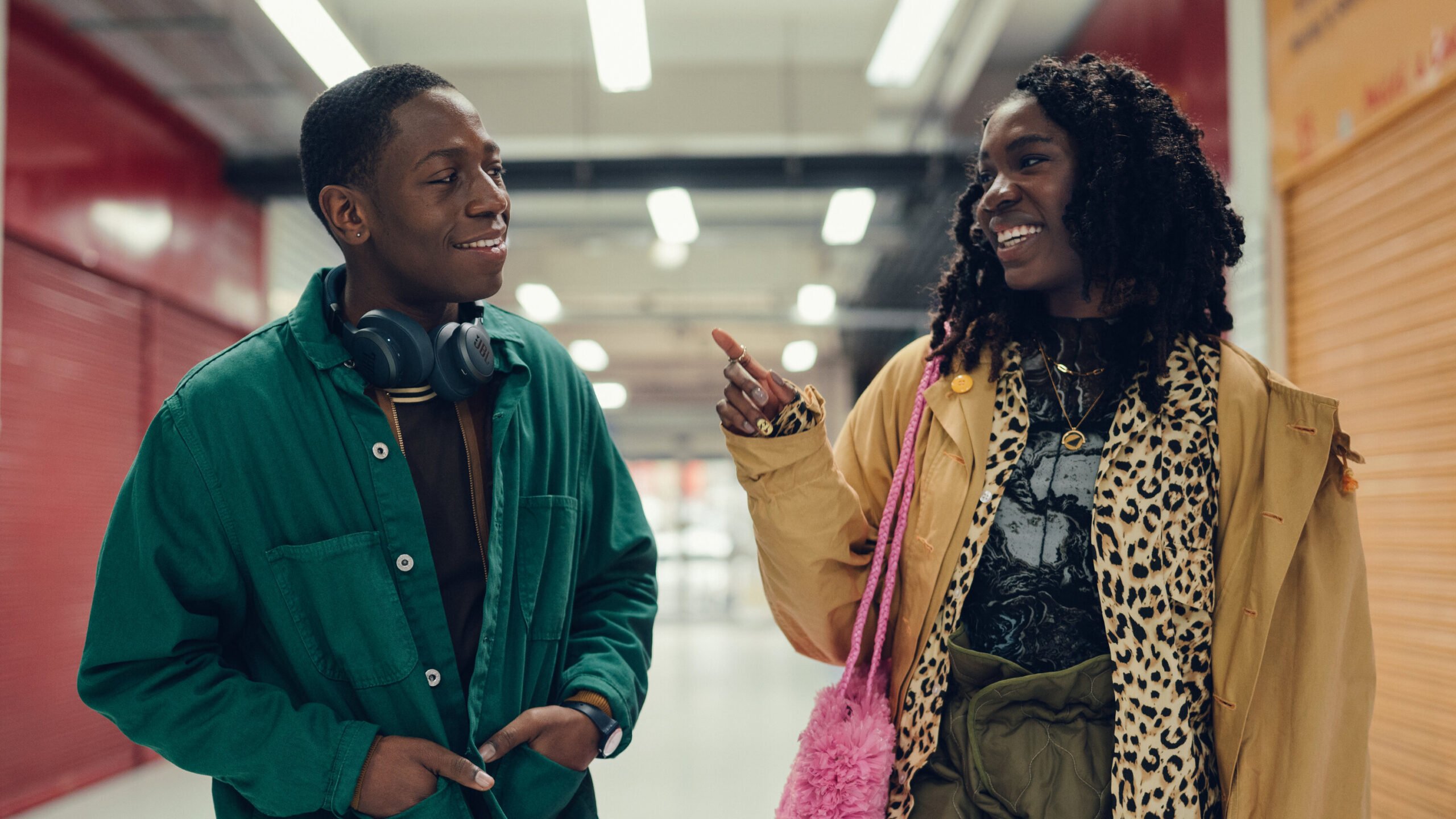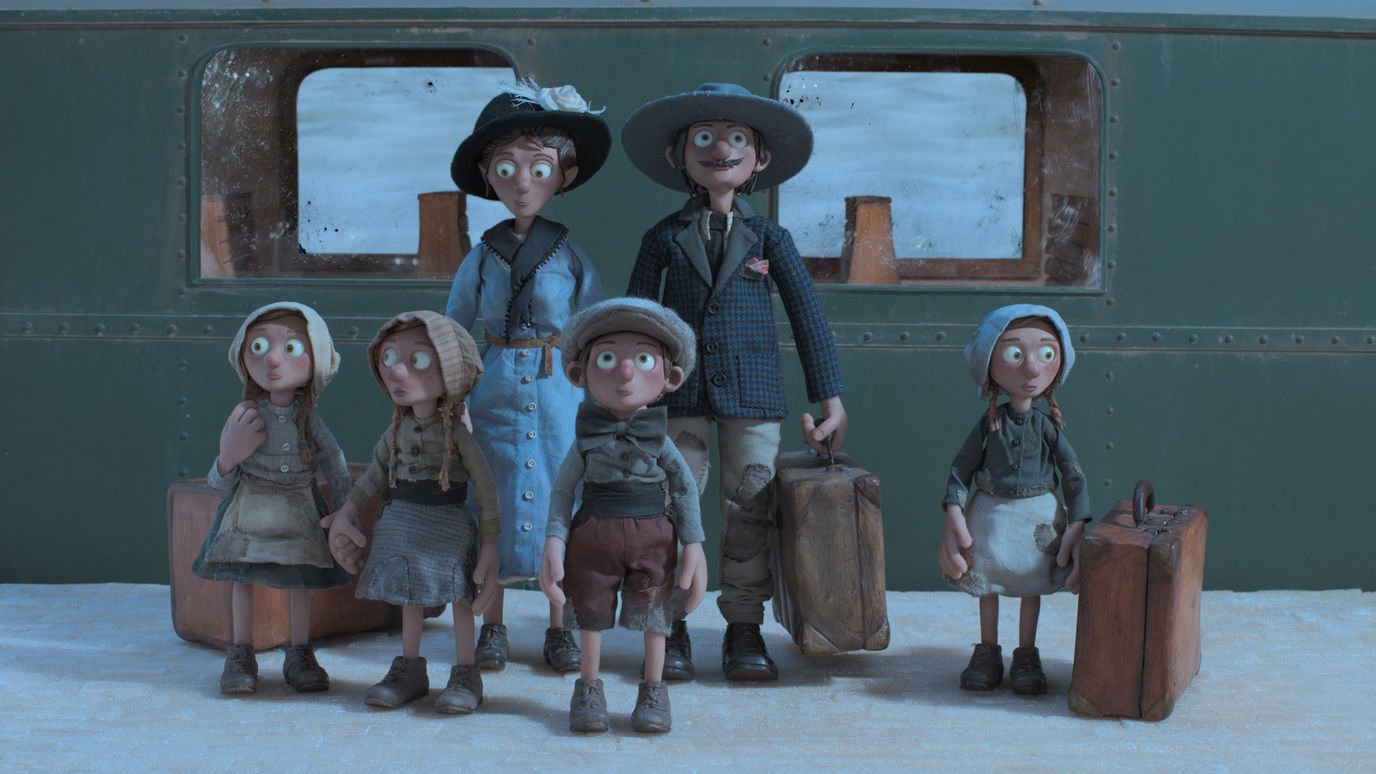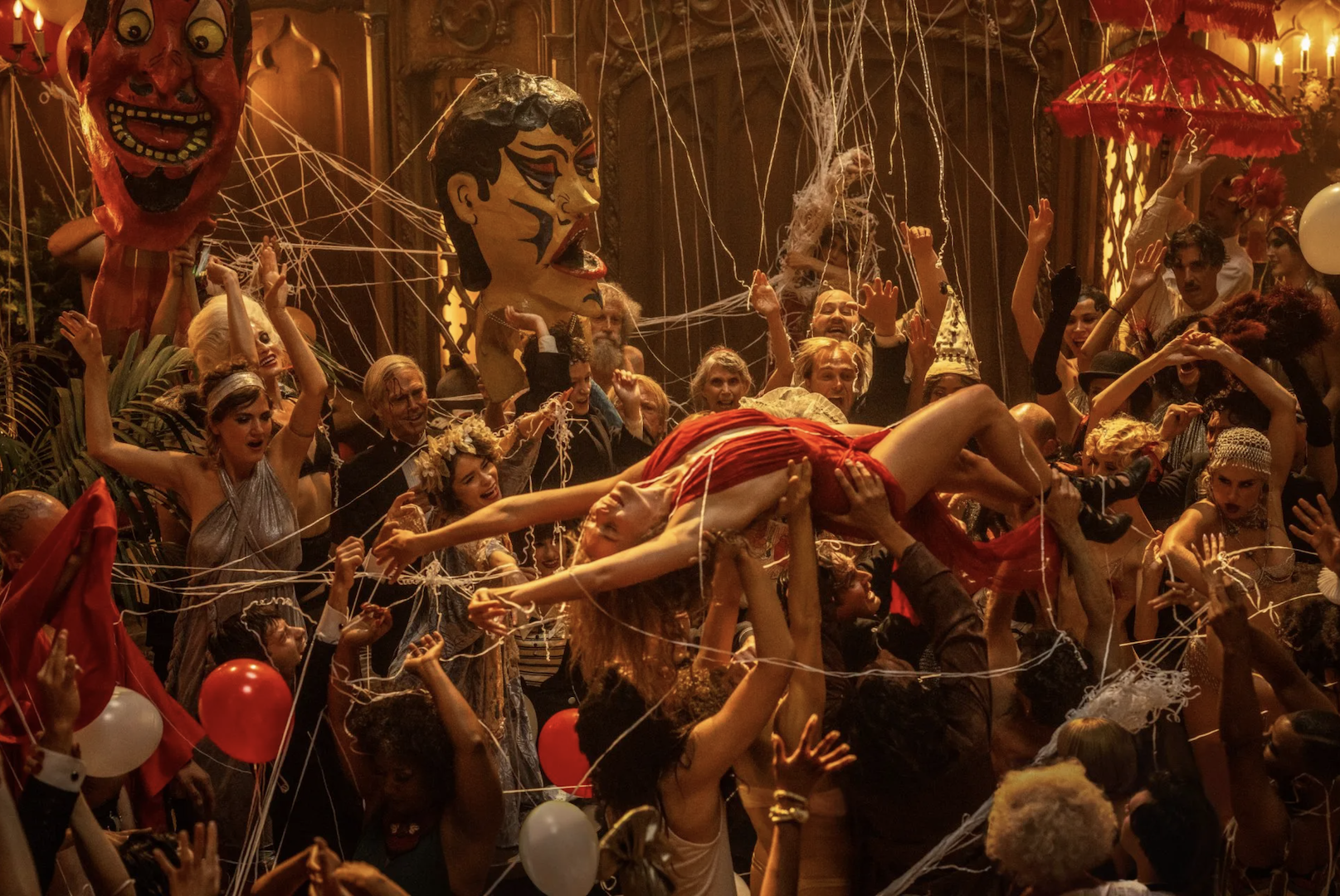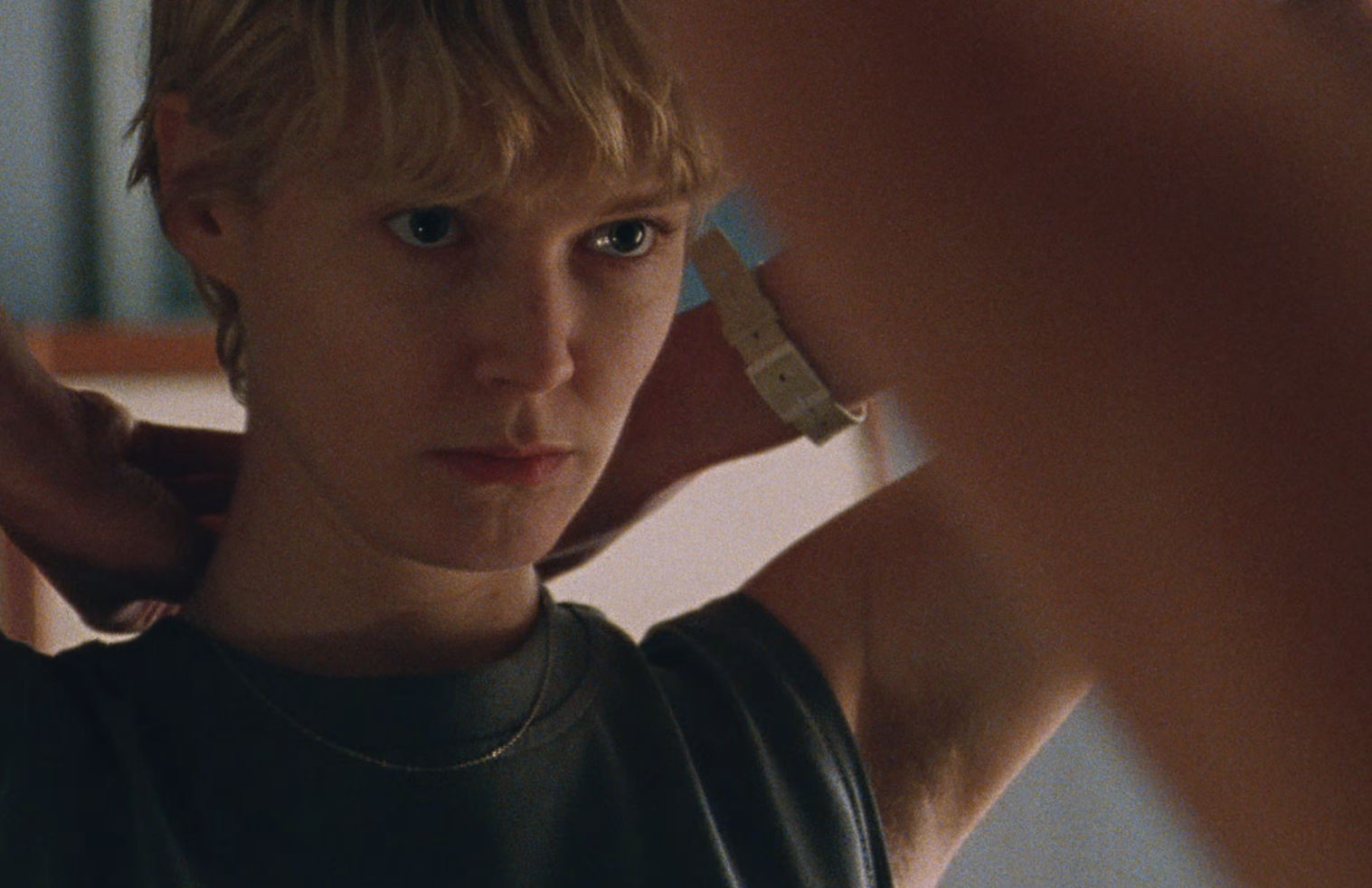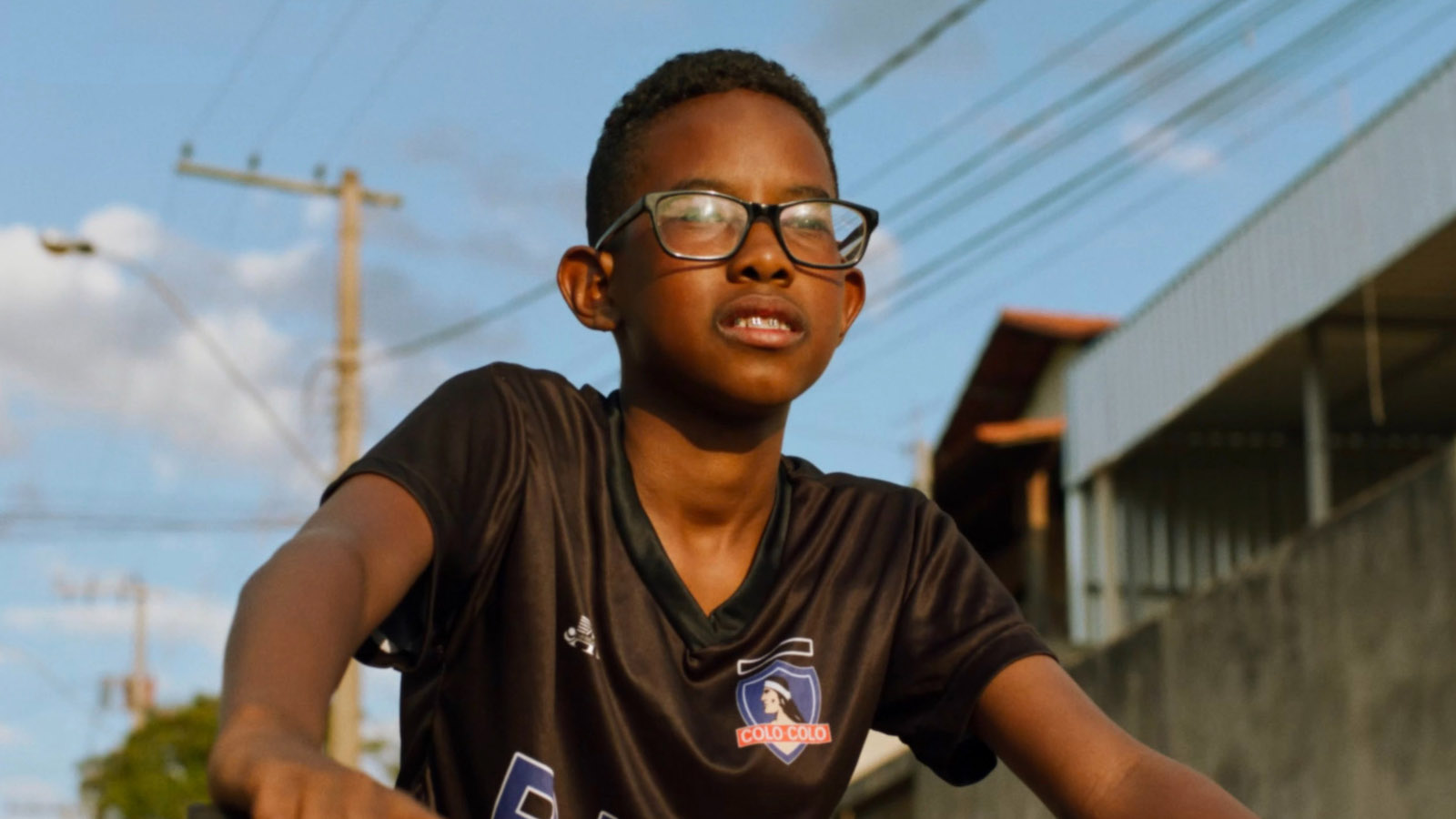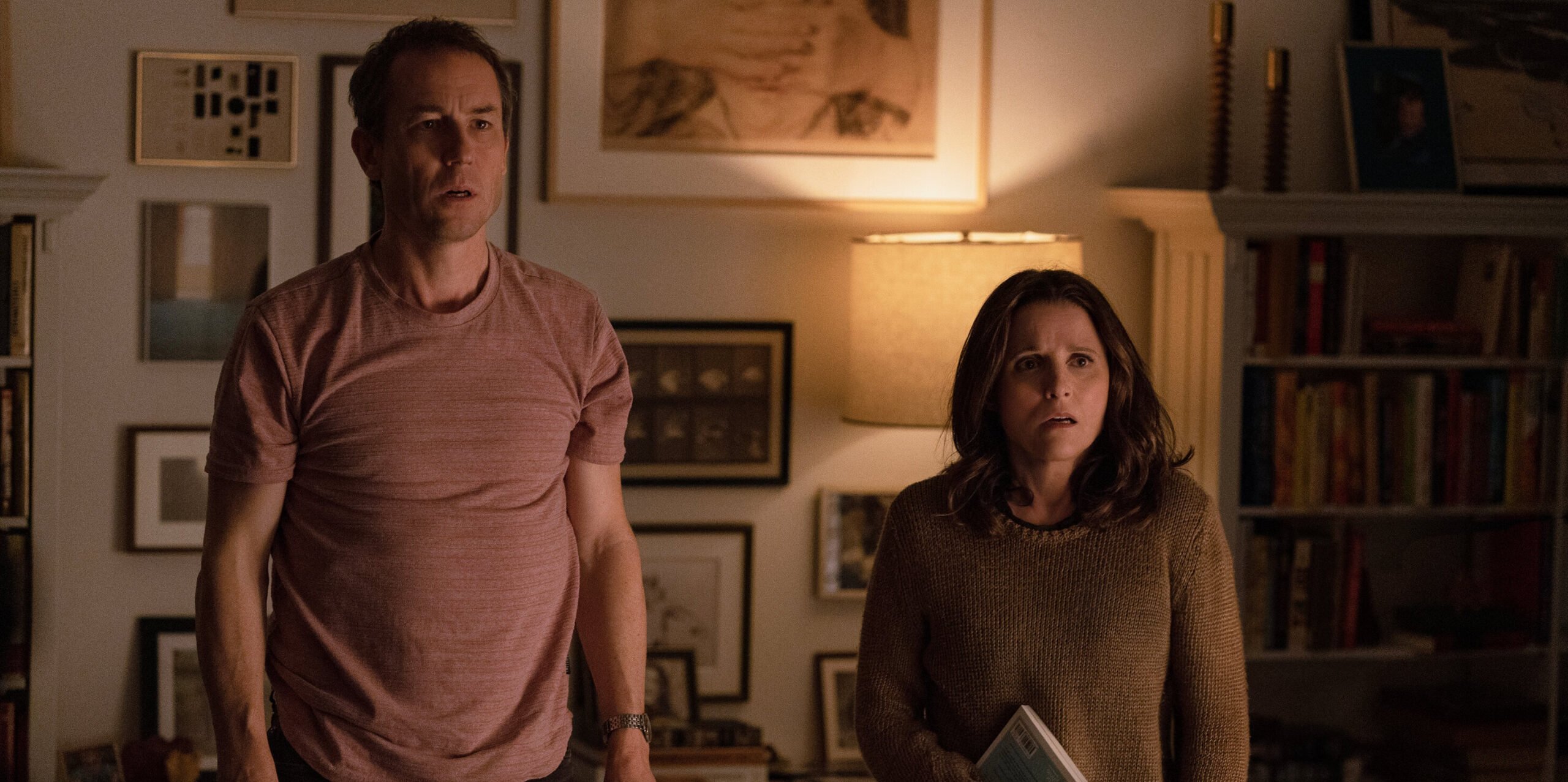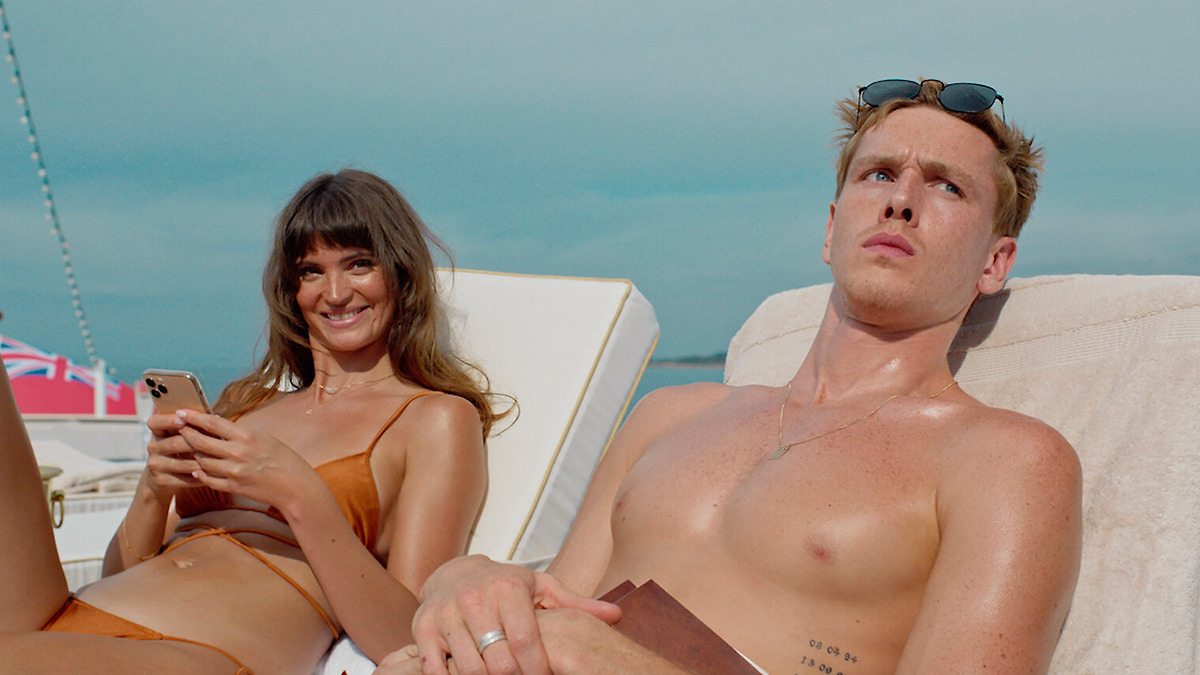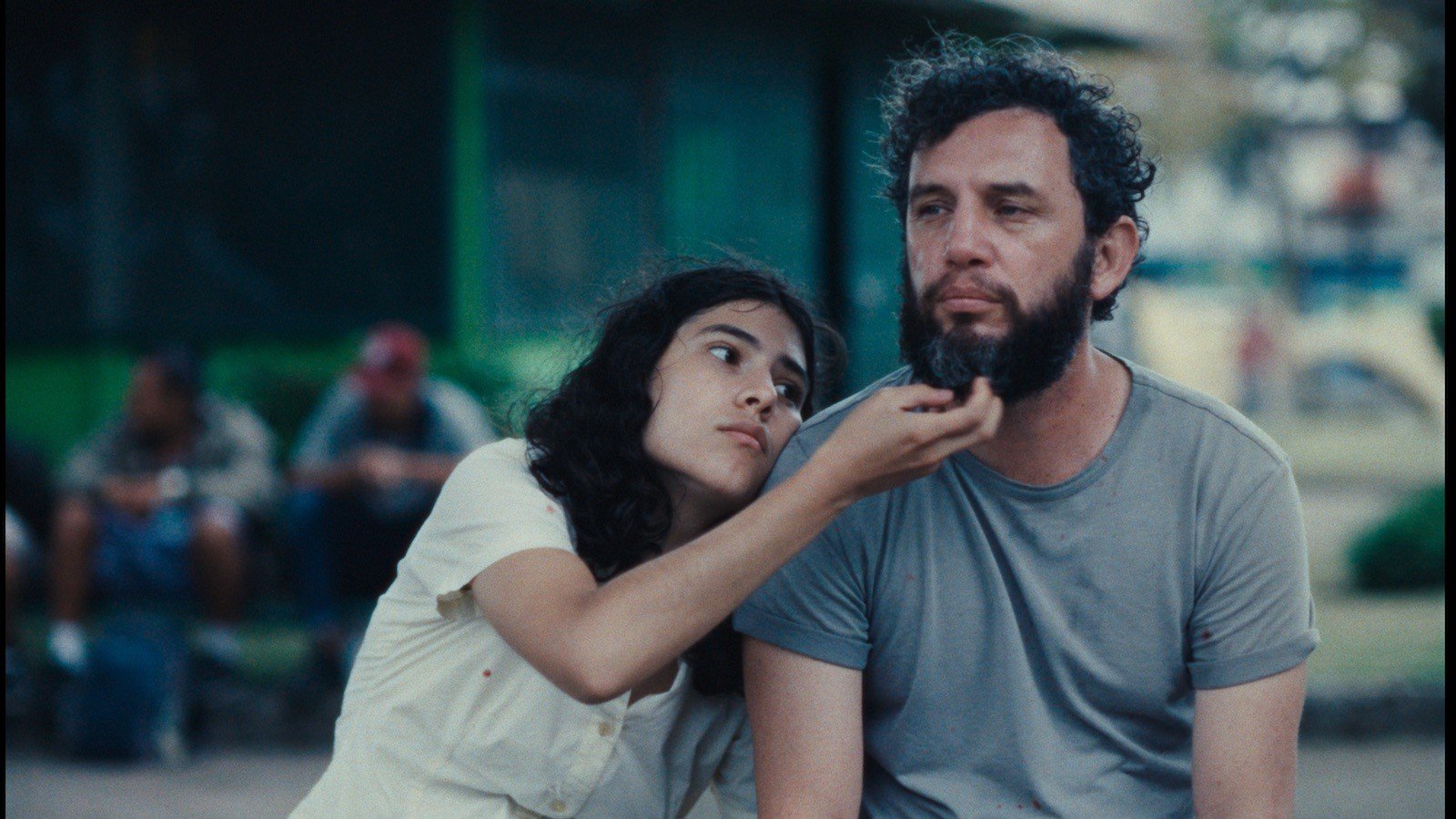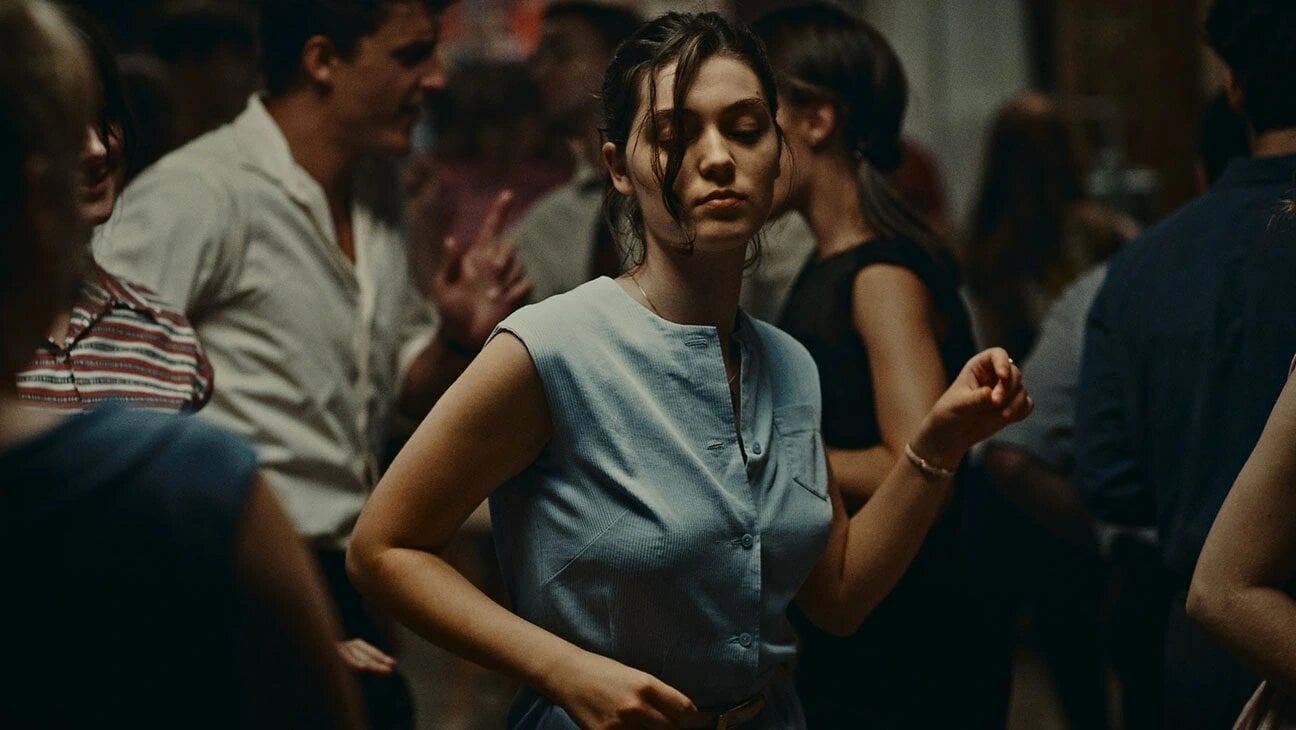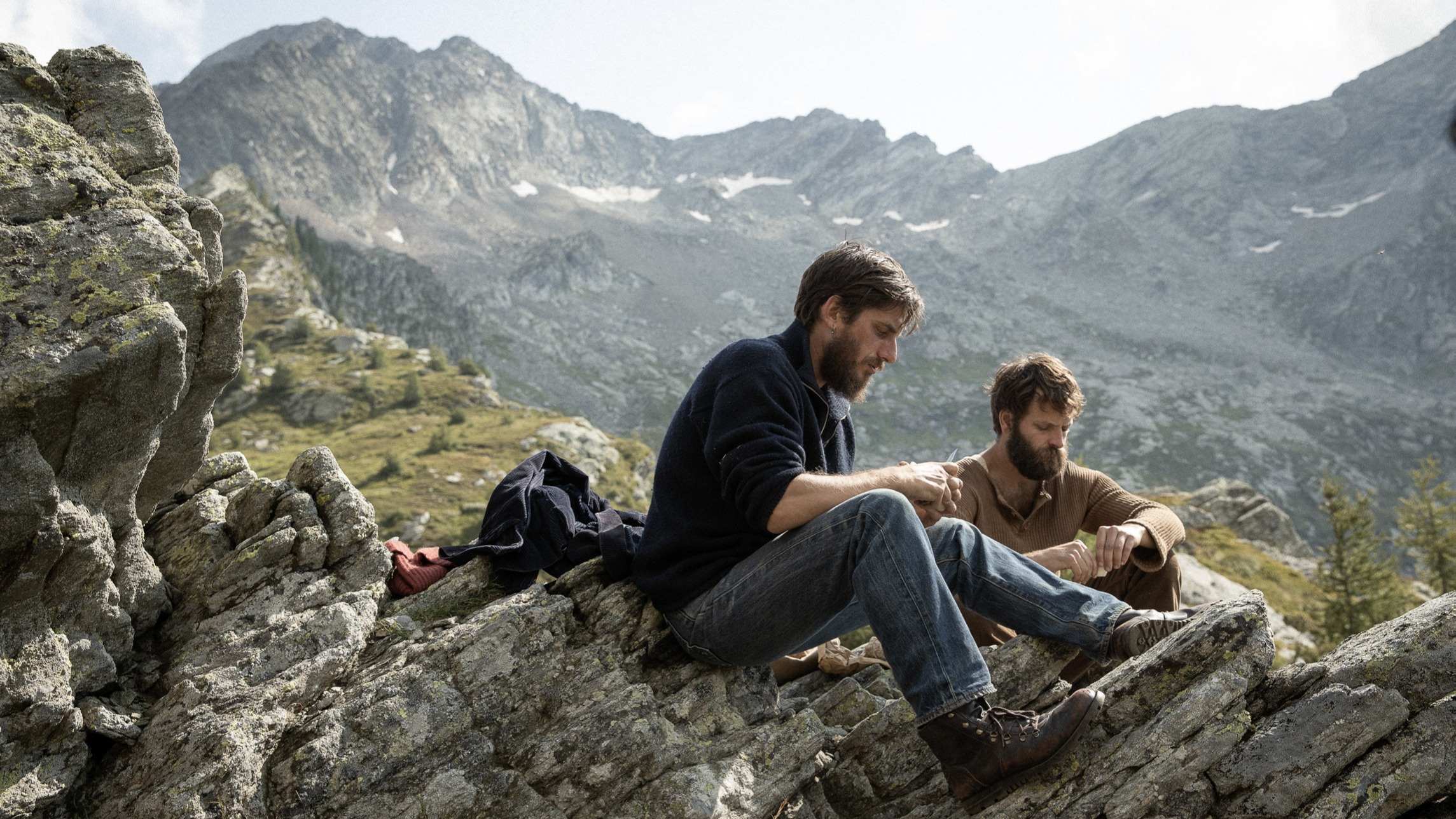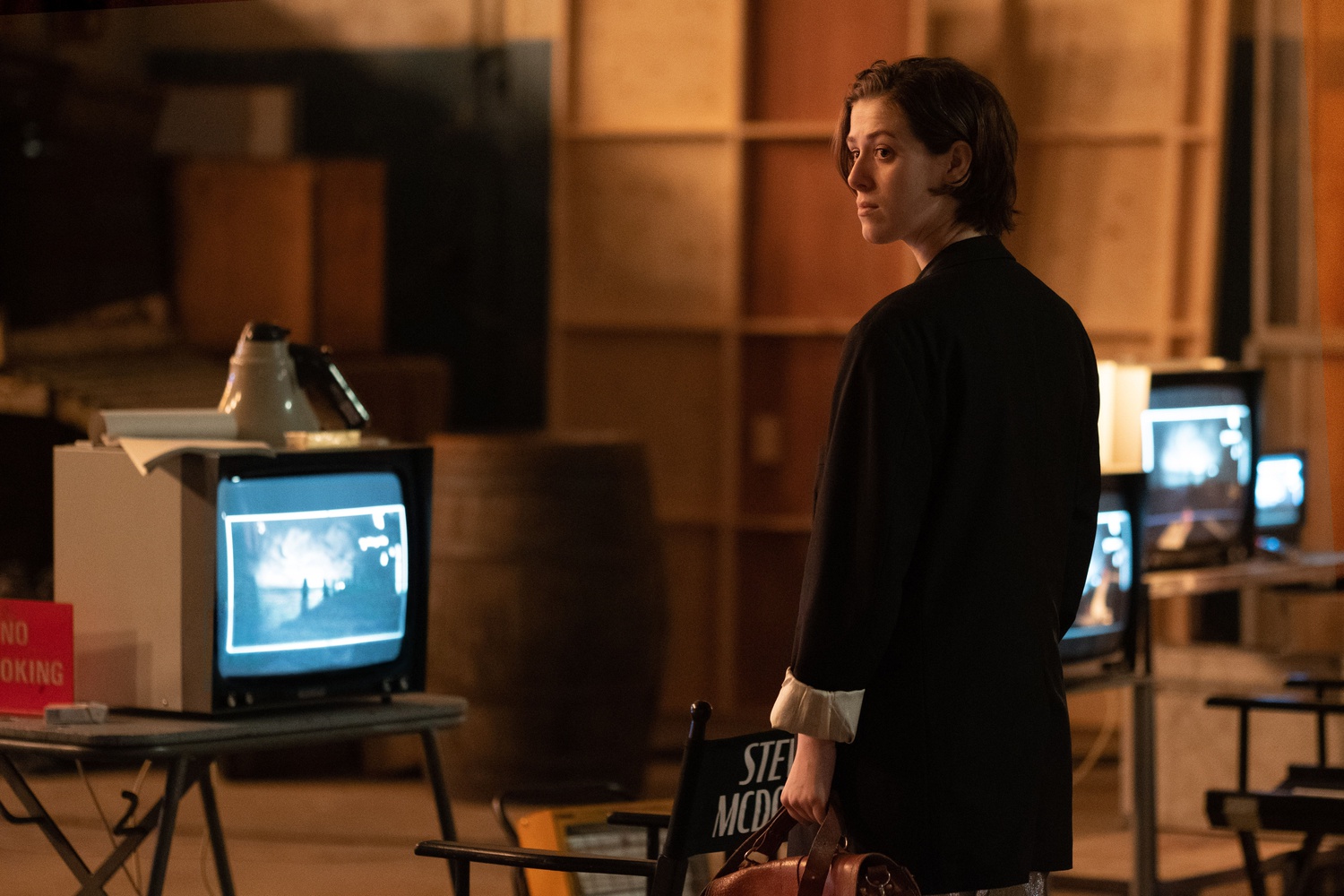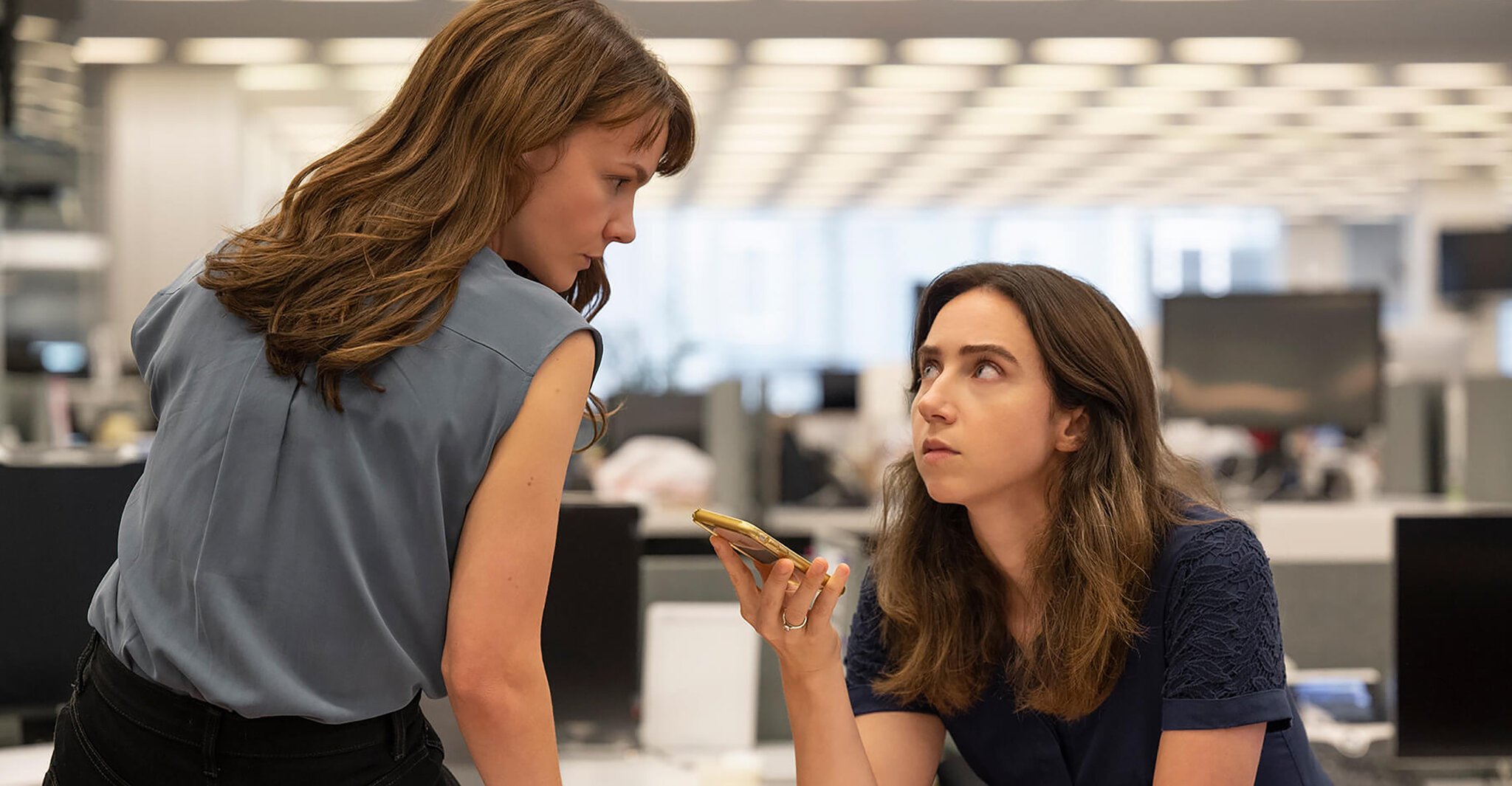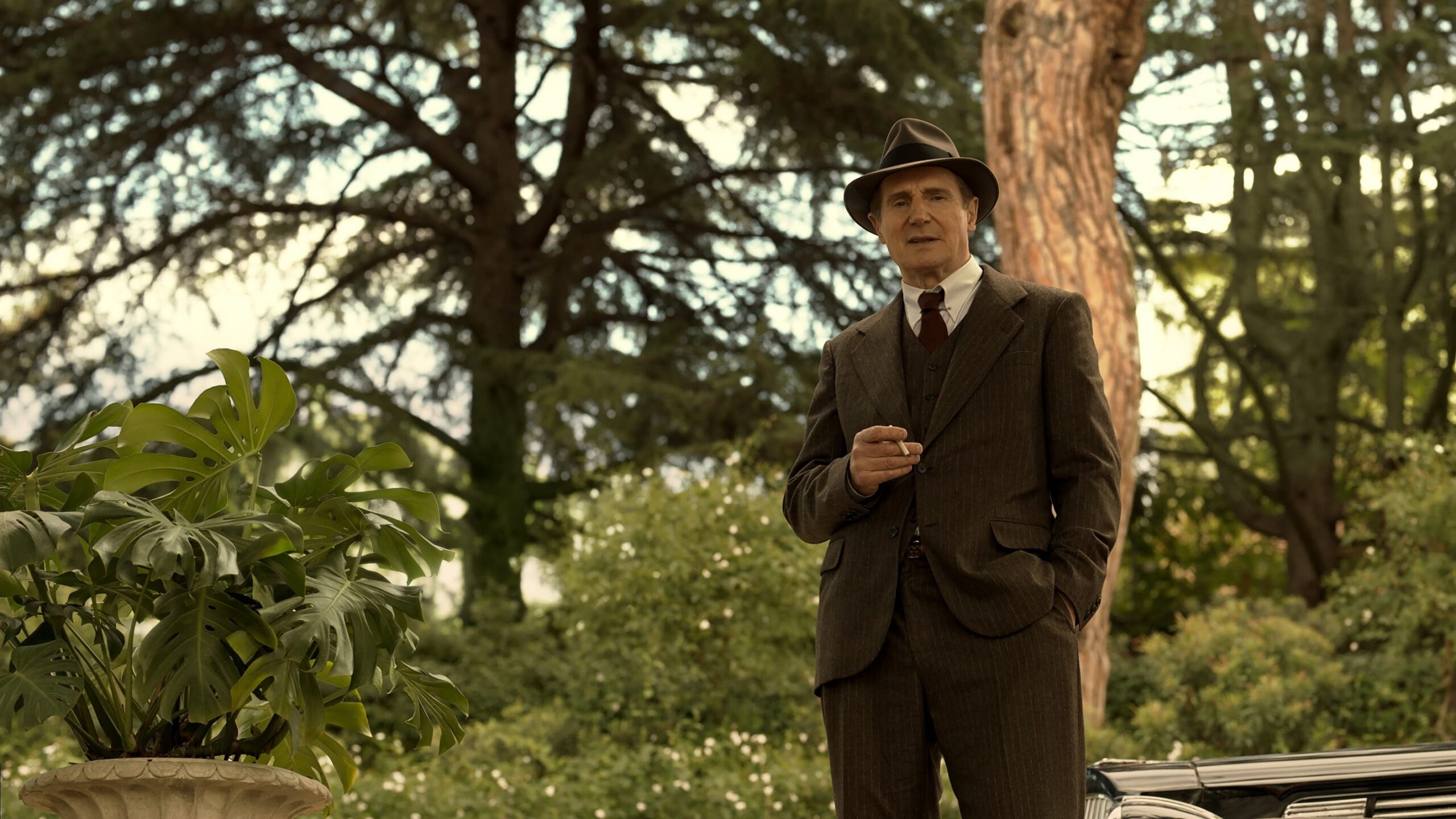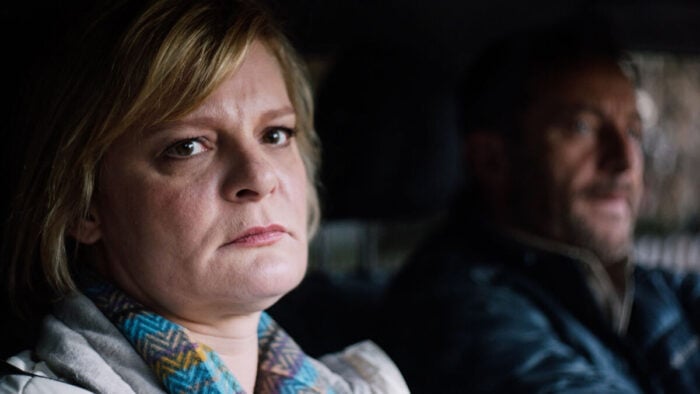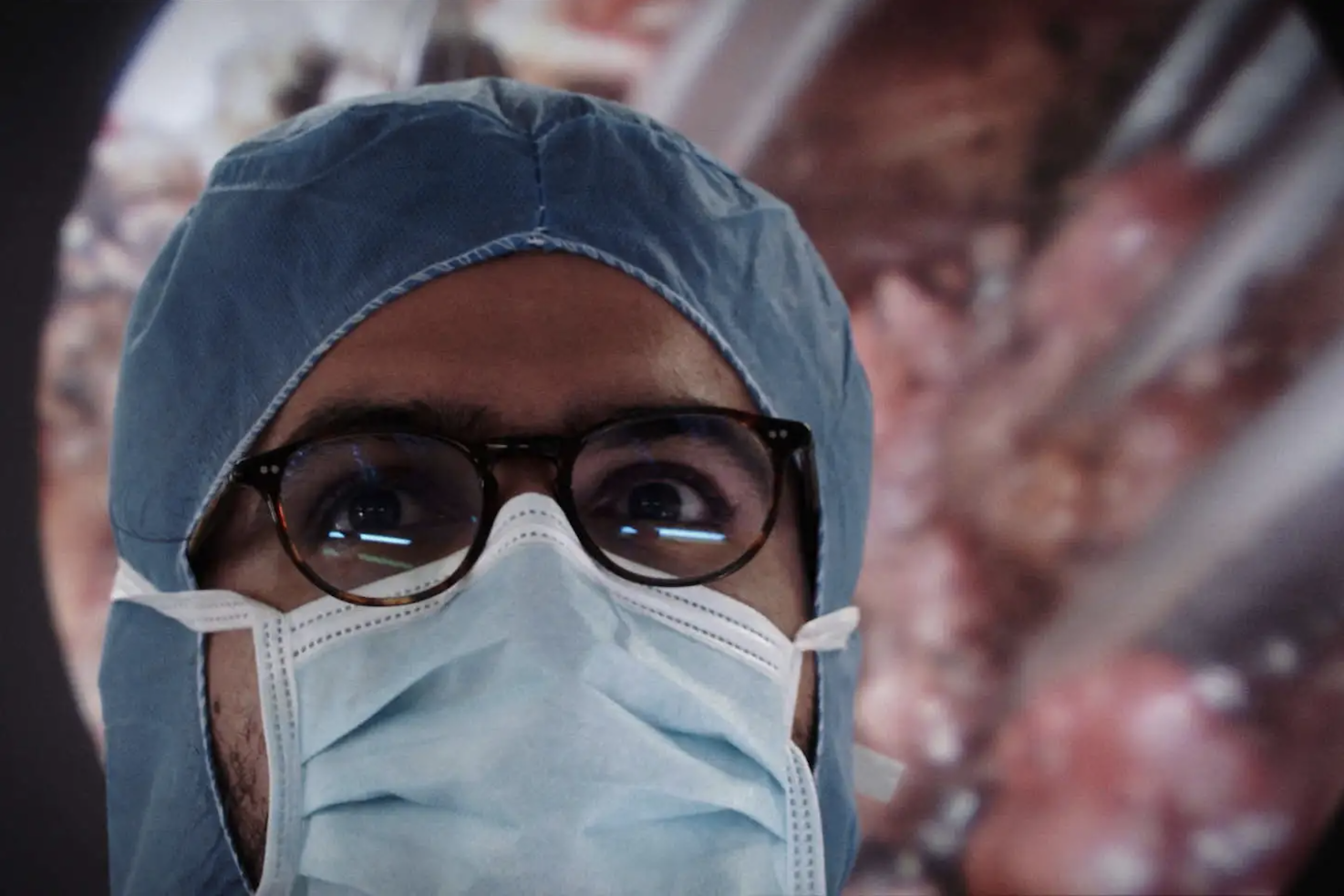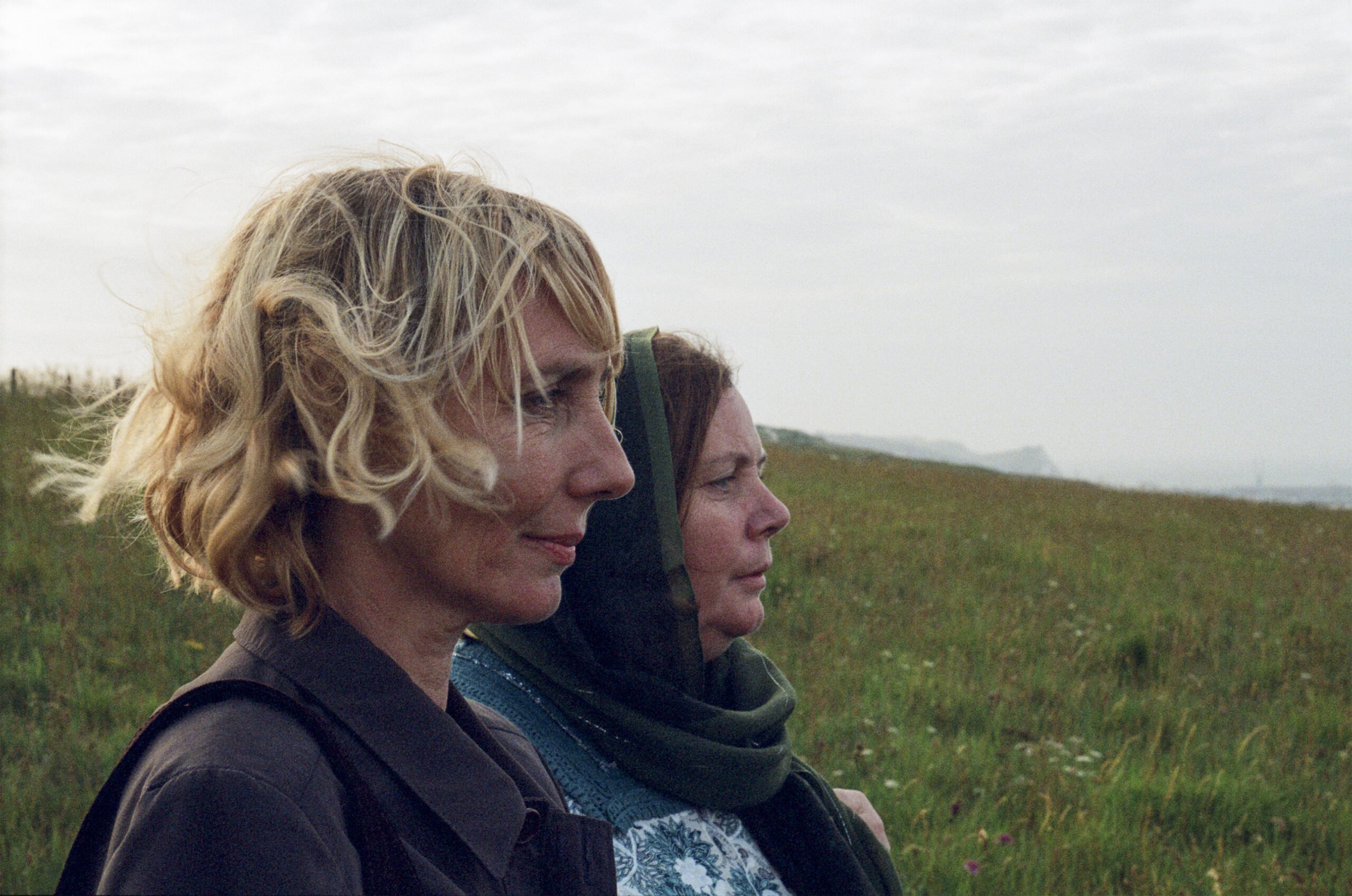Movies Like Aftersun (2022)
As in his previous films, Director Andrew Haigh explores the delicate nature of loneliness, grief, and love in All of Us Strangers, except this time he does so through a supernatural lens. The result is mesmerizing: amid the tenderness the film draws from its characters, there’s a swirl of mystery too: how is it possible […]
The concepts of roads not taken and domino effects have received plenty of cinematic attention in their showier forms by way of multiverse comic book movies and dimension-hopping films like Everything Everywhere All At Once. But, though there’s no hint of sci-fi in Past Lives, Celine Song’s gentle film can count itself as one of […]
The Iranian director Jafar Panahi has faced constant persecution from his country’s government for over a decade, for his career of sharply political films speaking truth to power. In fact, No Bears—which was shot in secret, in defiance of the government banning him from filmmaking for 20 years—had its initial festival run in 2022 while […]
Set in the British colonial era, Captain Miller is more unapologetically violent than its counterparts, but it’s not mindlessly so. Sure, the film has plenty of spectacle with numerous battles between townsfolk versus British colonialists, some scenes having gruesome, gory deaths. But in between these battles is Dhanush as the central character, contemplating the oppression […]
On the one hand, How to Blow Up a Pipeline is a tense thriller—an excellently set-up heist that makes you wonder, until the end, whether the low-budget operation succeeds or not. On the other hand, it’s a thoughtful rumination on the evil and influence of Big Oil, which despite its relentless destruction of environments and […]
Not much happens in Women Talking, but what it lacks in action it more than makes up for in message. As the wronged women of an insular Christian colony decide whether they should leave or stay in their community, valuable points on each side are raised and debated fiercely. Are the men at fault or […]
Since we live in a society, interacting with authority is inescapable. Terrestrial Verses depict fairly mundane day-to-day interactions– getting a birth certificate, settling a traffic violation, or attending a job interview– but through nine vignettes framed with a static camera, aimed at a person trying to negotiate with someone more powerful just outside the frame, […]
Riceboy Sleeps looks like a fairy tale. Taken in 16mm and colored to pastel-grain perfection, it’s a captivating picture that moves like a happy memory. And occasionally, the action matches the air. Mother So-young (Choi Seung-yoon) and son Dong-hyun (Ethan Hwang) share a fierce, us-against-the-world bond as they strive to make it in a Canadian […]
As a crime thriller, Holy Spider is taut and terrifying, a modern noir that manages to unnerve despite the familiar moves it employs. The cat and mouse chase between serial killer and investigative reporter, for instance, is a classic tale, but that doesn’t make Holy Spider any less gripping. The film benefits from artful camerawork, […]
Argentina, 1985 is a legal drama about how a prosecutor and his young team were able to mount evidence—despite all threats and odds—against the officials behind a brutal military dictatorship. The public trial is supposedly the first of its kind in Latin America, a marker of true democracy that made a hero out of Julio […]
Forget everything you know about the music biopic. One-on-one interviews, chronological storytelling, silent moments with the subjects—Moonage Daydream isn’t that kind of movie. Just as David Bowie isn’t your typical pop star, this documentary about him, directed by Brett Morgen, forgoes the usual beats for something extraordinary and fun. Moonage Daydream is a concert, a […]
Although Descendant is built around the finding of the Clotilda—the last ship to bring African slaves to the United States—this documentary knows that there’s so much more potent drama in the stories of the ordinary people of Africatown, Alabama. As this painful reminder of the roots of their community is salvaged from the water, their […]
Adapted from the Japanese film Ikiru, which in turn was adapted from the Russian story The Death of Ivan Ilyich, Living is a parable about, well, living. Specifically, it’s about the importance of wonder and the magic of the mundane. It’s also about legacy and the stories we leave in our wake, which live on […]
A young bisexual woman attends a shiva, caught between her parents and their expectations, her ex, and her sugar daddy. Rachel Sennott’s Danielle is yet to find her path in life and everyone is determined to remind her of that. Taking place almost entirely in real-time, the film’s sharp wit is contrasted with constant anxiety, […]
A twitchy, uncomfortable noir film for the digital age, Decision to Leave blends the trappings of a restless police procedural with an obsessive forbidden romance. Here, director Park Chan-wook flips every interrogation and piece of evidence on its head, pulling us away from the whodunit and towards the inherently invasive nature of a criminal investigation. […]
For a short while in the ‘80s, the pop scene benefited from the sheer musical joy created by George Michael and Andrew Ridgeley, known together as Wham! With confectionary hits like “Wake Me Up Before You Go-Go” and “Last Christmas,” the British duo sang about the escapism that a generation desperately sought out. Their songs […]
“Many’s the person missed the opportunity to say nothing and lost much because of it.” The Quiet Girl takes the troubled, reserved nature of Cáit (Catherine Clinch) as she’s swallowed by the discord in her evergrowing family, who treats her as an outcast, and fills the film with her serene, observatory perspective. Long sequences with […]
There’s a scene early in the documentary when present-day Michael J. Fox, who famously suffers from Parkinson’s Disease, swaggers along a street and greets a fan, only to stumble at that very moment and have people surround him with concern. Instead of giving into their pity or pretending nothing happened, he cooly tells the fan, […]
The Fabelmans is often described as director Steven Spielberg’s semi-autobiographical movie about his inauguration into filmmaking, and while it certainly is that, I’d venture to say that it also functions as a universal coming-of-age tale, with protagonist and Spielberg stand-in Sammy Fabelman (Gabriel LaBelle) learning harsh truths about identity, family, and passion for the first […]
Rye Lane knows it’s treading familiar ground by having its charming leads fall in love as they walk and talk their way through a beautiful city. So instead of experimenting on a tried-and-tested setup, it smartly focuses on specificity. It hones in on the characters’ Gen Z woes and cranks up the British references, giving […]
With cardboard houses, sugar winters, and broccoli trees, No Dogs or Italians Allowed at first seems lighthearted, playful, and not too serious. Alain Ughetto casts himself asking his grandmother Cesira about his family, but we only see his hands moving and interacting with the characters as if he was crafting clay model miniatures. However, the […]
Between its maximalist production design and increasingly dark comedic set pieces, the most striking thing about Damien Chazelle’s critically misunderstood industry satire is how it strikes a tone closer to tabloid gossip than anything else. As opposed to the clockwork precision of Chazelle’s Whiplash, or the dreaminess of La La Land, Babylon’s restlessness doesn’t resemble […]
Led by Rosy McEwen’s commanding performance brimming with fear and self-loathing, Blue Jean pours all of the anguish and defiance felt by the LGBTQ+ community under Margaret Thatcher’s administration into a single character. Writer-director Georgia Oakley keeps her plot light, but through conversations with other beautifully portrayed queer women (especially those played by Kerrie Hayes […]
Mars One is a tender, wholesome drama that centers on The Martins, a family of four living on the fringes of a major Brazilian city. Their lower-middle-class status puts them in an odd position—they’re settled enough to have big dreams and occasionally lead lavish lives (the mother and the daughter like to party) but they […]
Who among us hasn’t committed a white lie to save a relationship? And who among us hasn’t yearned for the full and brutal truth? In You Hurt My Feelings, Nicole Holofcener digs into that paradox and delivers a film that is honest and funny in equal measure. Here, the writer-director doesn’t just use a hilarious […]
Among the sea of class satires released in the last year, Triangle of Sadness is one of the better ones. Directed by Ruben Östlund (The Square, Force Majeure), the film follows an ultra-rich group of people who get stranded on an island after their luxury cruise ship sinks. The social pyramid that has long favored […]
There’s a remarkable harshness to every moment of I Have Electric Dreams, even if it doesn’t seem like much is happening. Beautiful textures in its cinematography and the dreamlike movement of its editing can’t mask the pain that protagonist Eva feels, as she drifts through the ruin of her own family in search of any […]
It’s heartbreaking to realize that Happening, a film set in 1960s France tracking a young woman’s journey to dangerously and desperately terminating her pregnancy, is still very much relevant and relatable to this day. Around the world, abortion is still inaccessible, if not completely illegal, and women still struggle to lay full claim to their […]
Spanning over decades and continents, The Eight Mountains depicts the kind of childhood friendship that remains central to one’s whole world. While city boy Pietro (Luca Marinelli) treks from the Alps to the Himalayas, the mountain pasture of Grana remains special as his father’s old refuge and as the hometown of childhood best friend Bruno […]
After 2019’s The Souvenir—a drama about a toxic, suffocating relationship—director Joanna Hogg brings back her protagonist (played by a superb Honor Swinton Byrne) and sees her attempting to communicate the experience of this failed romance through her thesis film. Anybody with an interest in the production process of cinema should glean a ton of useful […]
In 2017, the New York Times published a groundbreaking report by Jodi Kantor and Megan Twohey that detailed, for the first time, Harvey Weinstein’s atrocious history of sexual abuse. The New Yorker would release Ronan Farrow’s report five days after, prompting multiple survivors to share their own stories—and the rest, as you know, is history. […]
In Marlowe, Liam Neeson joins the lofty lineup of actors who have stepped into the shoes of Raymond Chandler’s titular detective, famously played by Humphrey Bogart, Robert Mitchum, and Elliott Gould. These are big boots to fill — and, if you’ve been paying attention to Neeson’s career over the last decade or so, you’ll be […]
Renowned choreographer Benjamin Millepied brings an 1875 opera leaping into the 21st century with this modern retelling — through dance and drama — of Carmen. The plot is reimagined along the US border and recenters the titular character (Melissa Barrera), a newly orphaned refugee from Mexico making her way to her godmother (a fabulous Rossy […]
In the first few minutes of Mass, hushed tones, solemn movements, and awkwardly averted eyes hint at an unspoken tragedy that haunts everyone in the film. The four main characters discuss it during a sit-down, but even then it remains unspeakable; such is the dedication of first-time full-length director Fran Kranz in depicting the reality […]
While primarily a showcase of endoscopic footage of various surgeries in different hospitals throughout Paris—which should already be enough to either make you queasy or inspire introspection into the fragility of our lives—this singular, experimental documentary places all this bloodshed in the context of the mundanity of the medical profession. Much of the film is […]
After Love is a beautifully powerful and quietly moving outing by emerging British filmmaker Aleem Khan. It follows Mary (Joanna Scanlan), a white Muslim convert who discovers a life-changing secret her husband has managed to keep from her all these years. Without spoiling anything, I will say that After Love is charged with the sort […]
























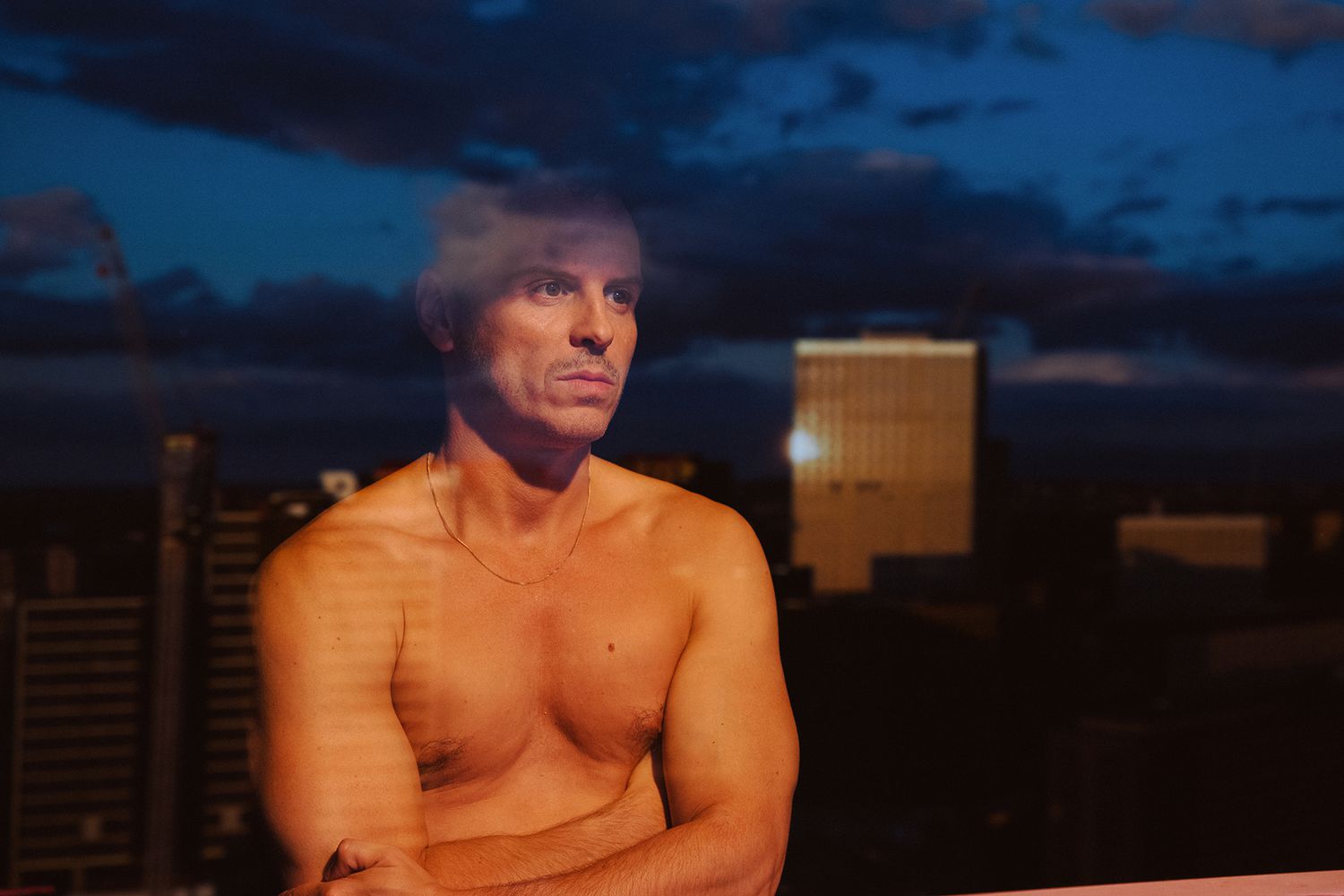
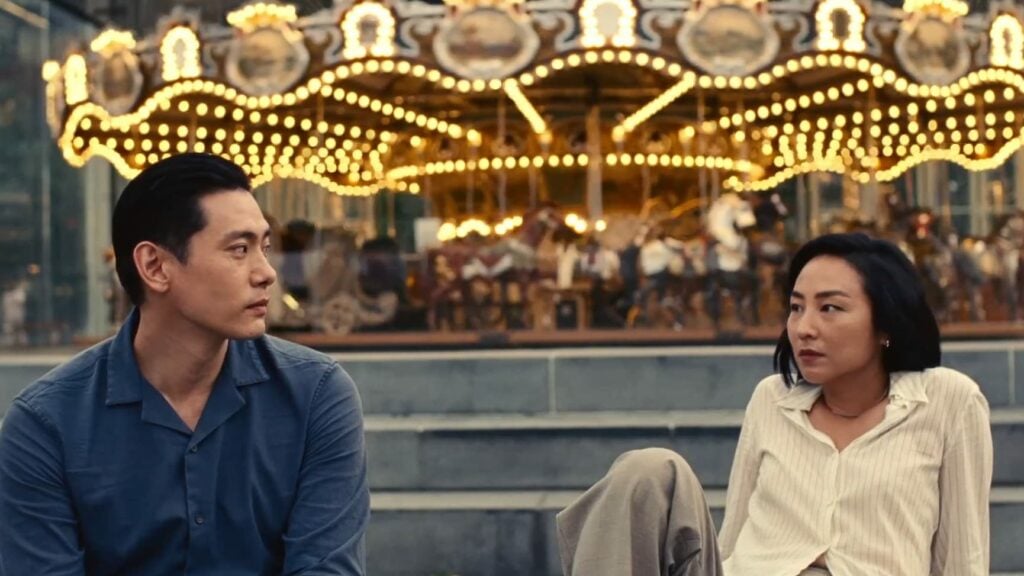
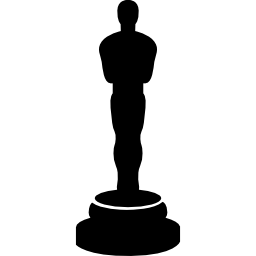 x2
x2 x18
x18